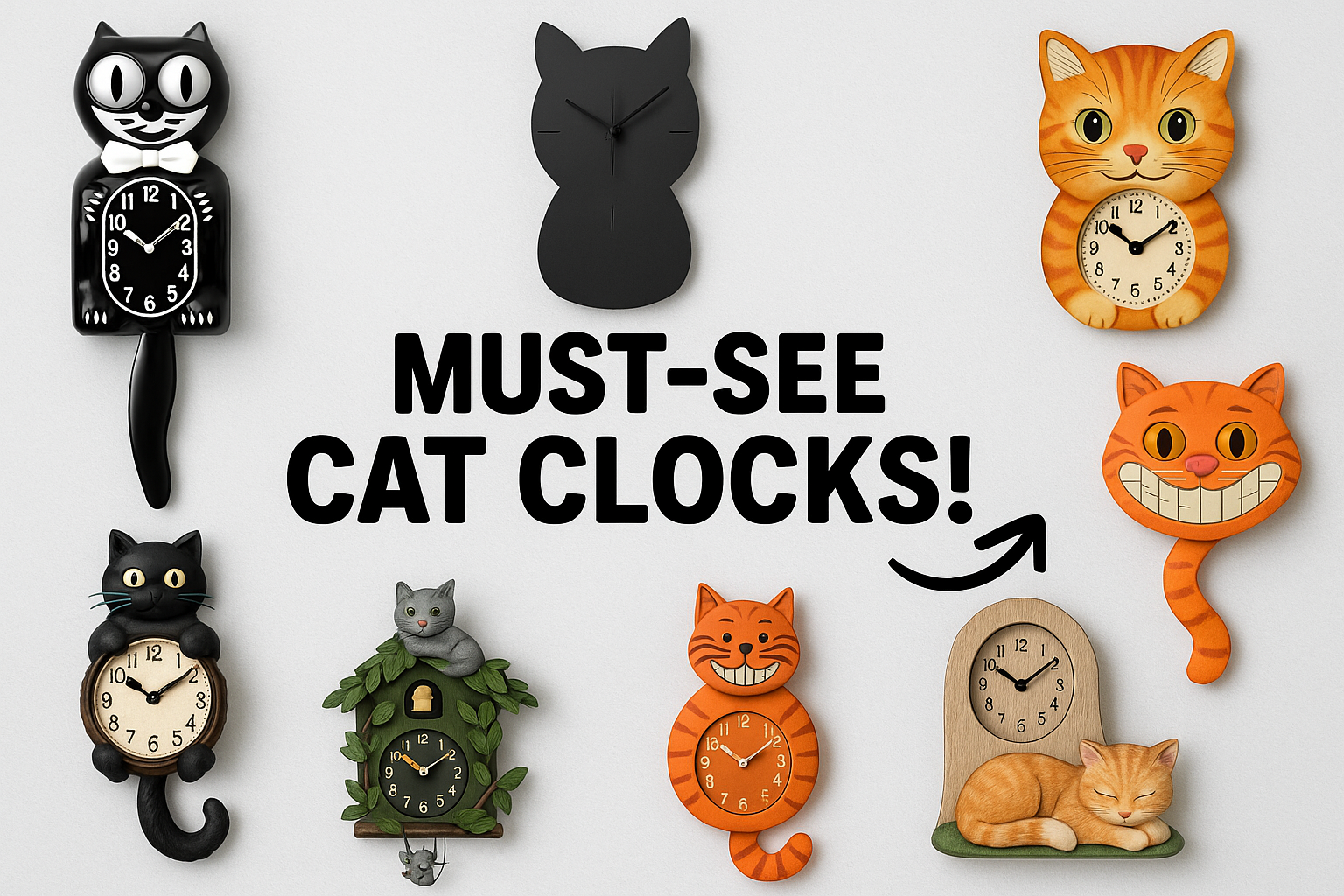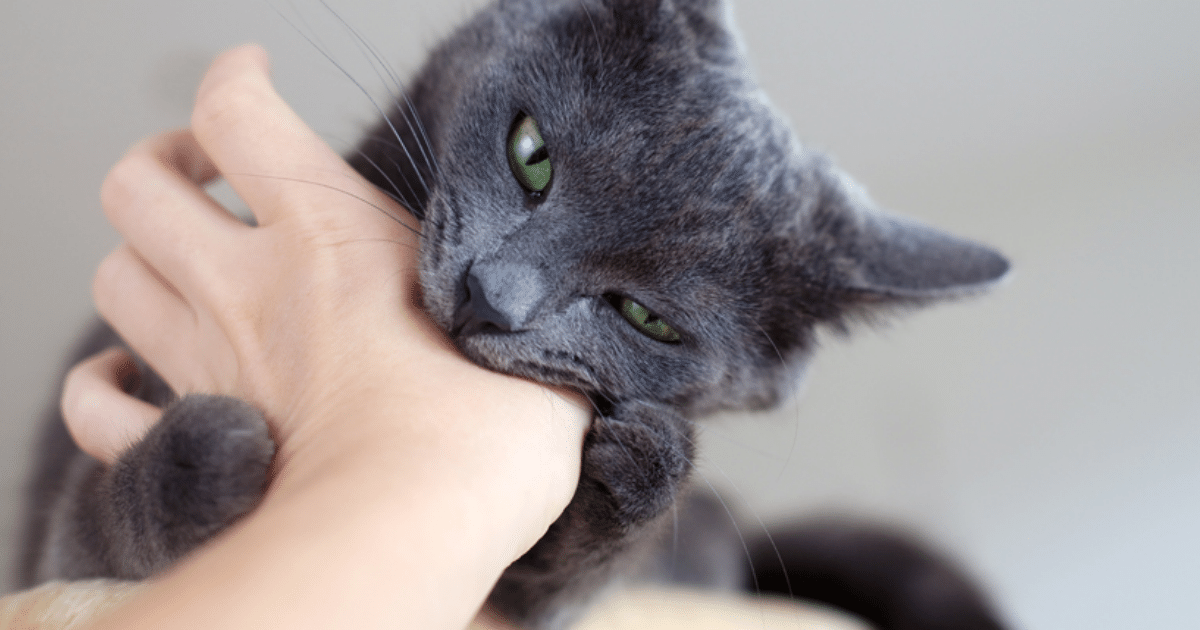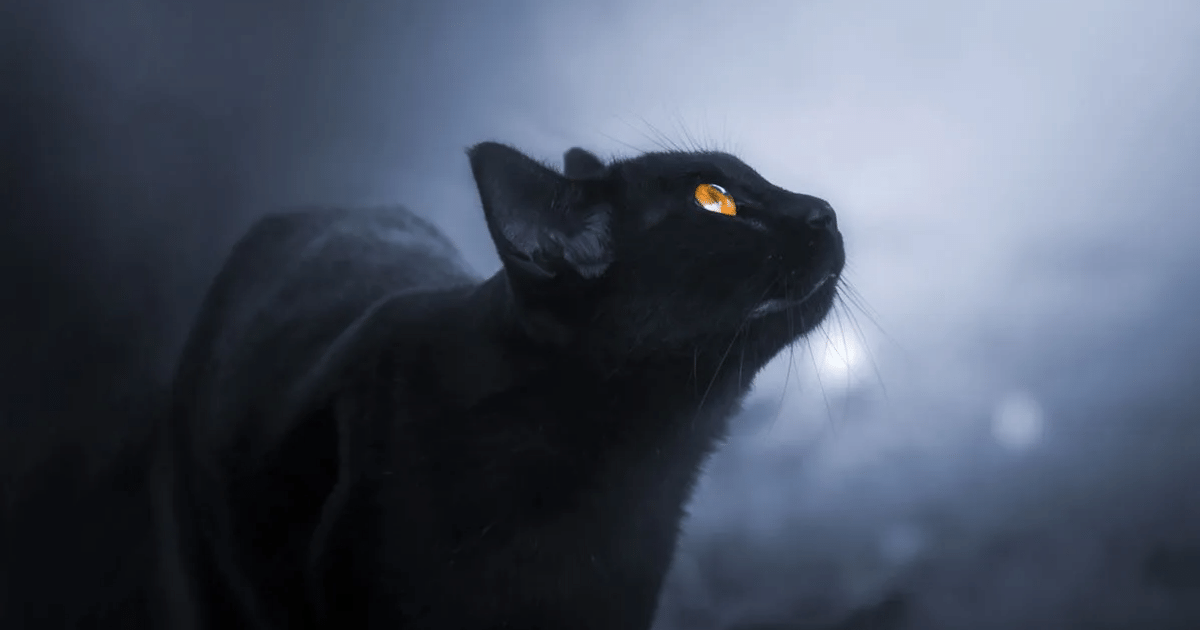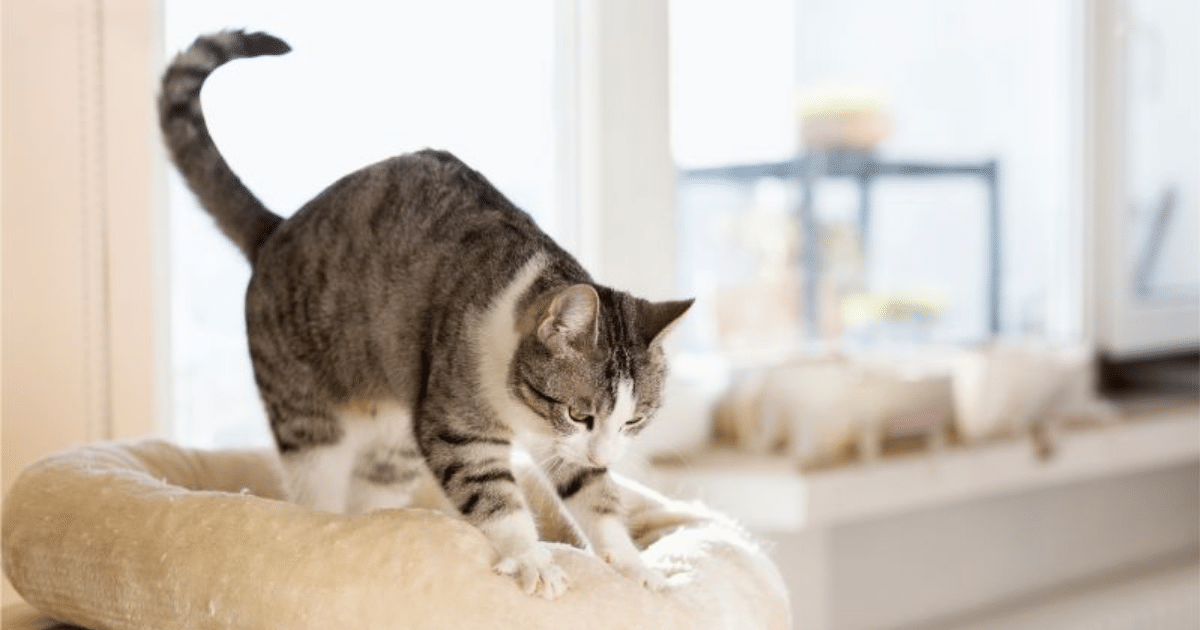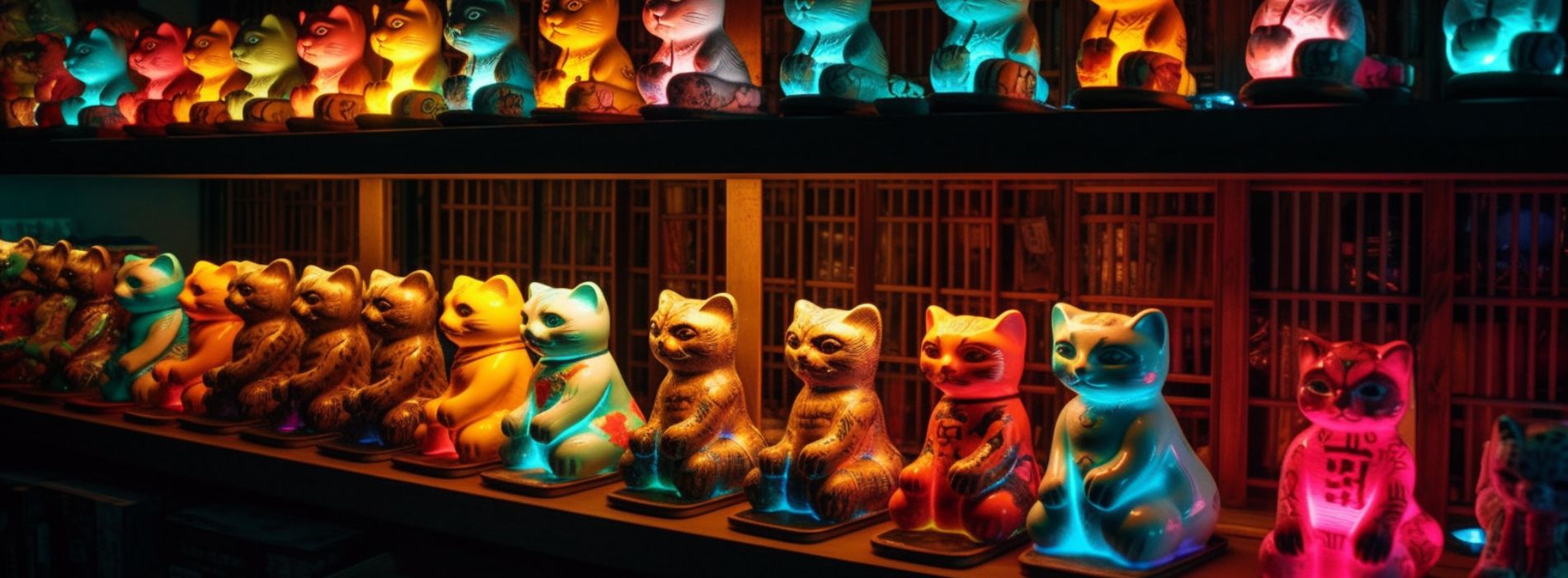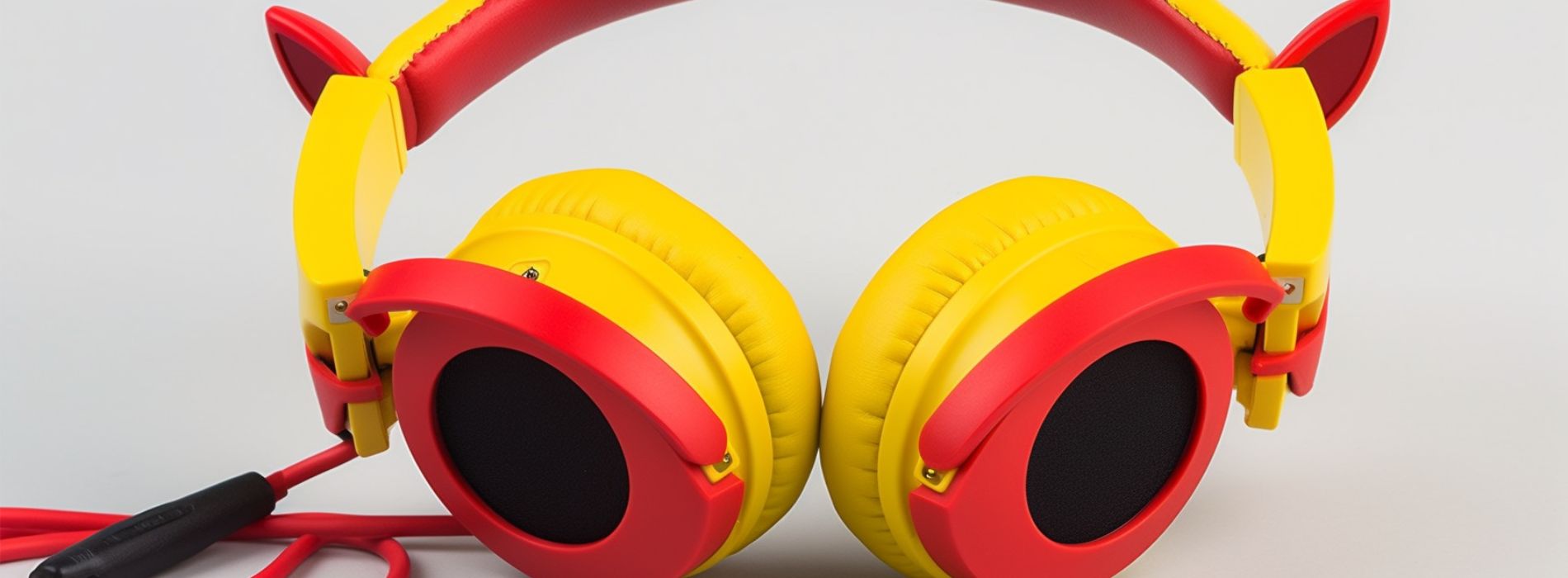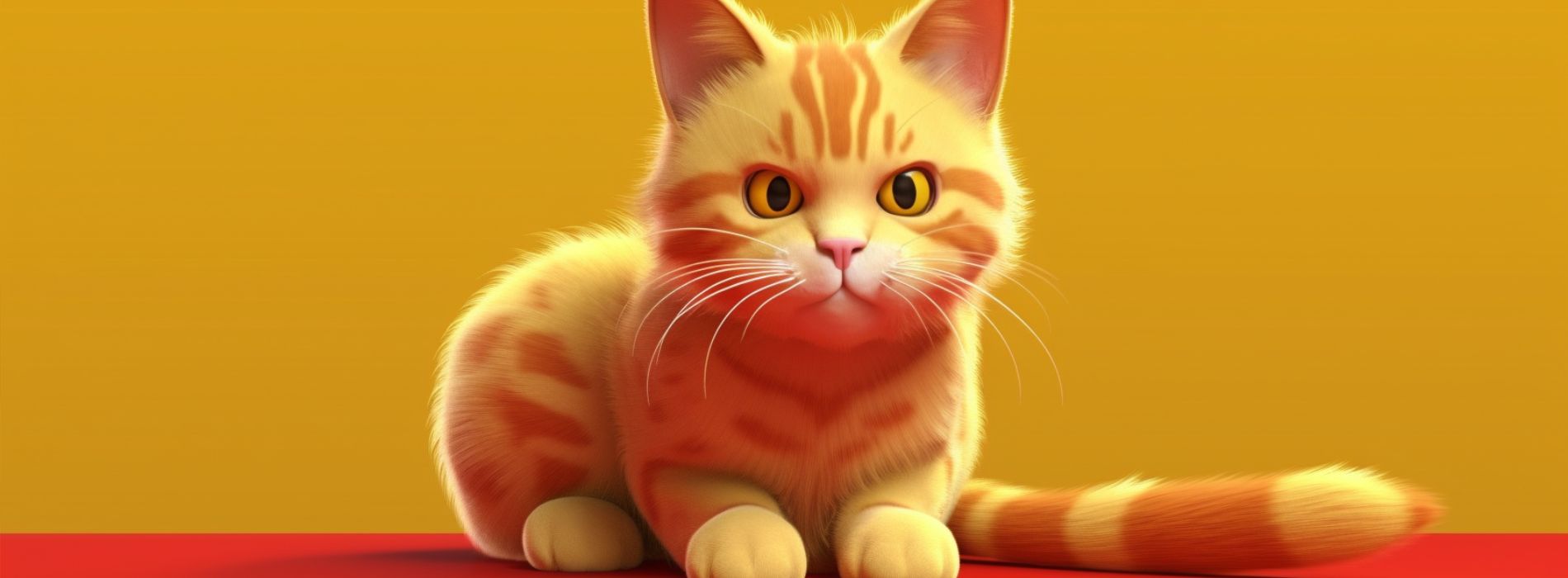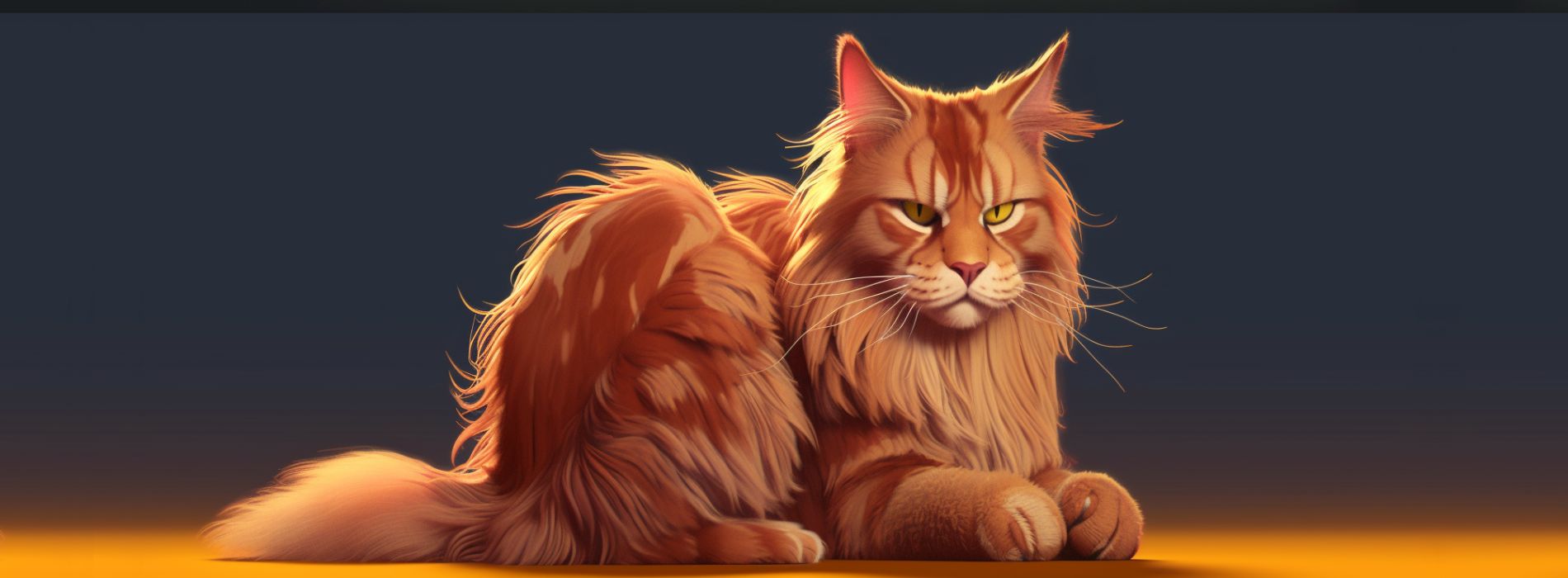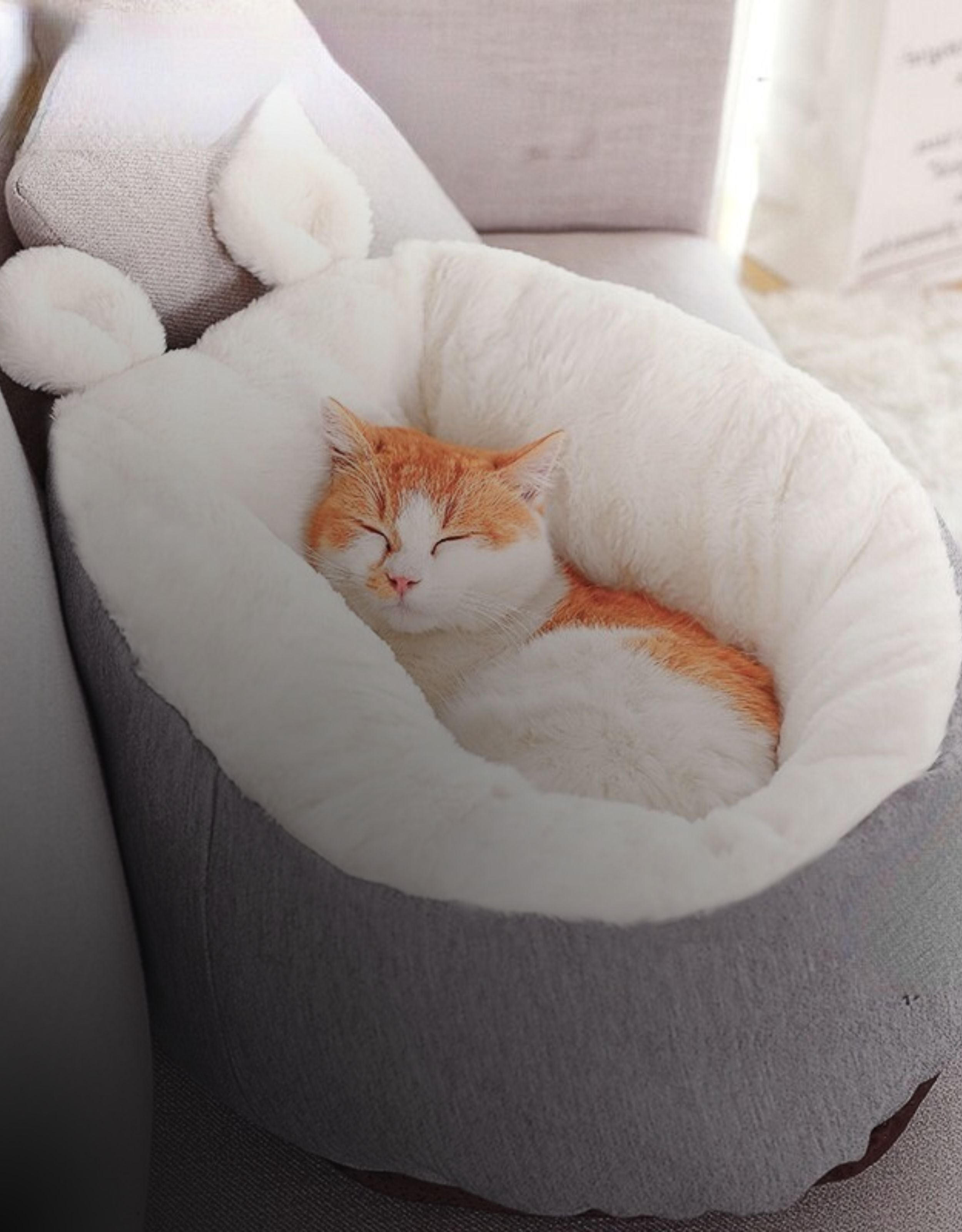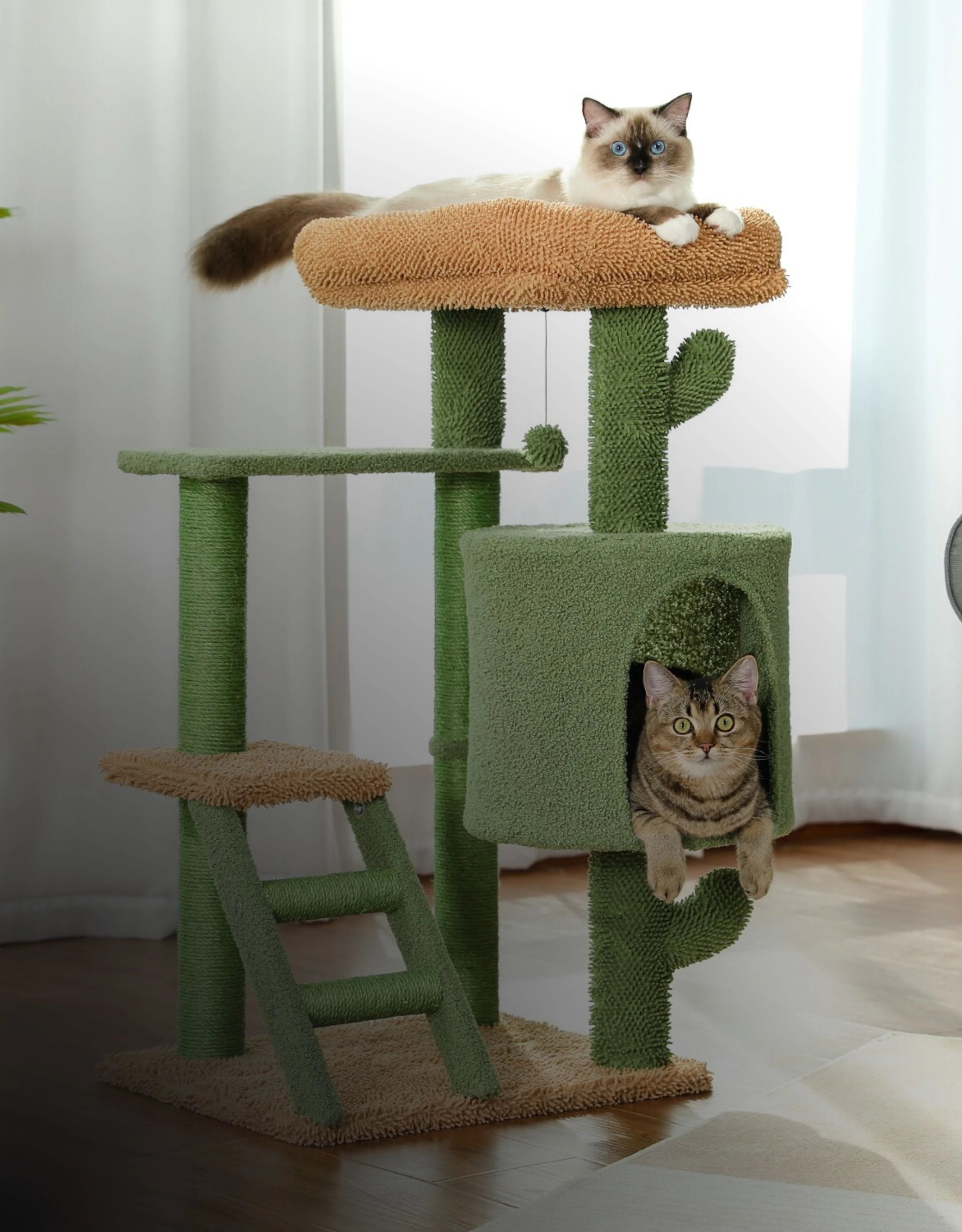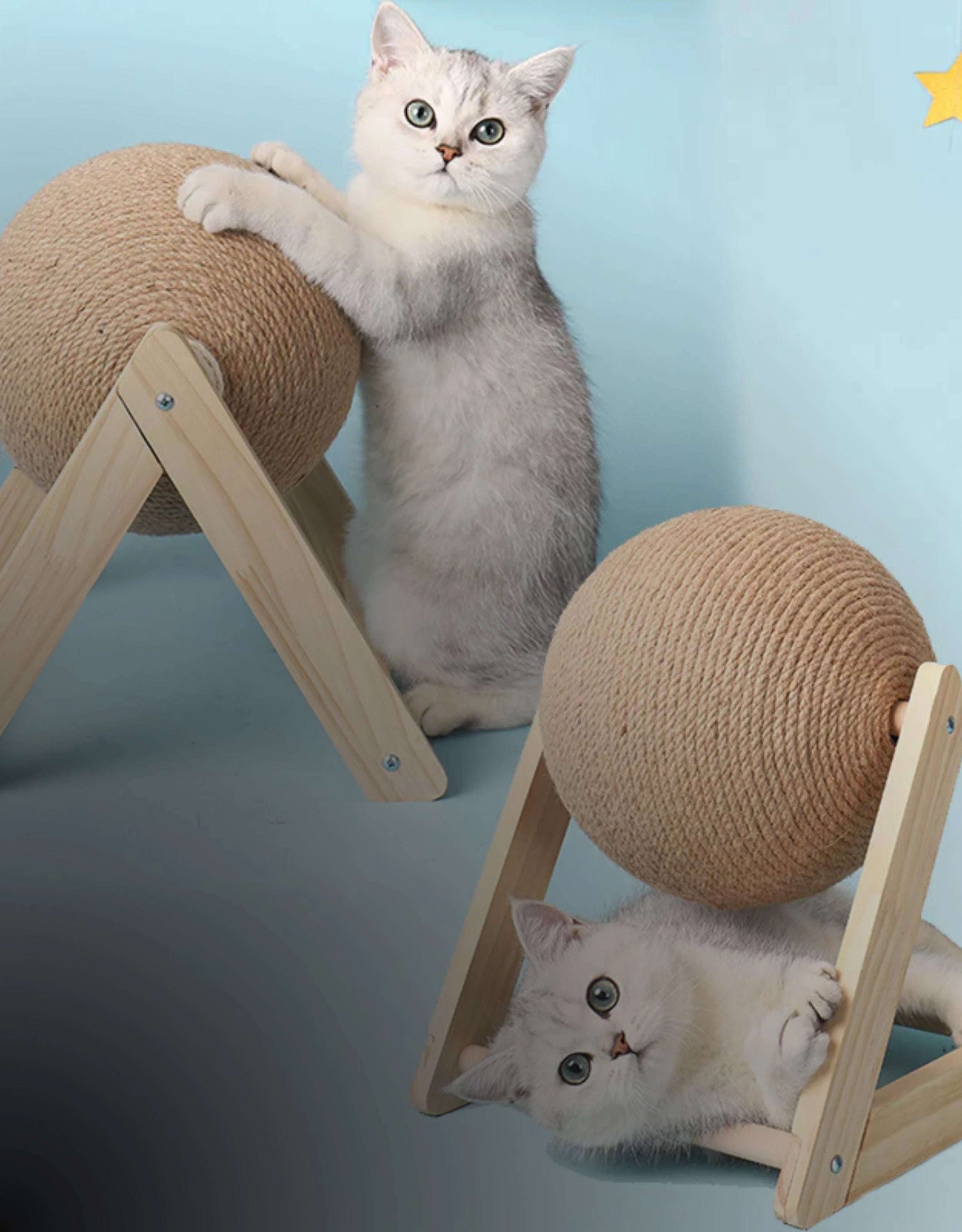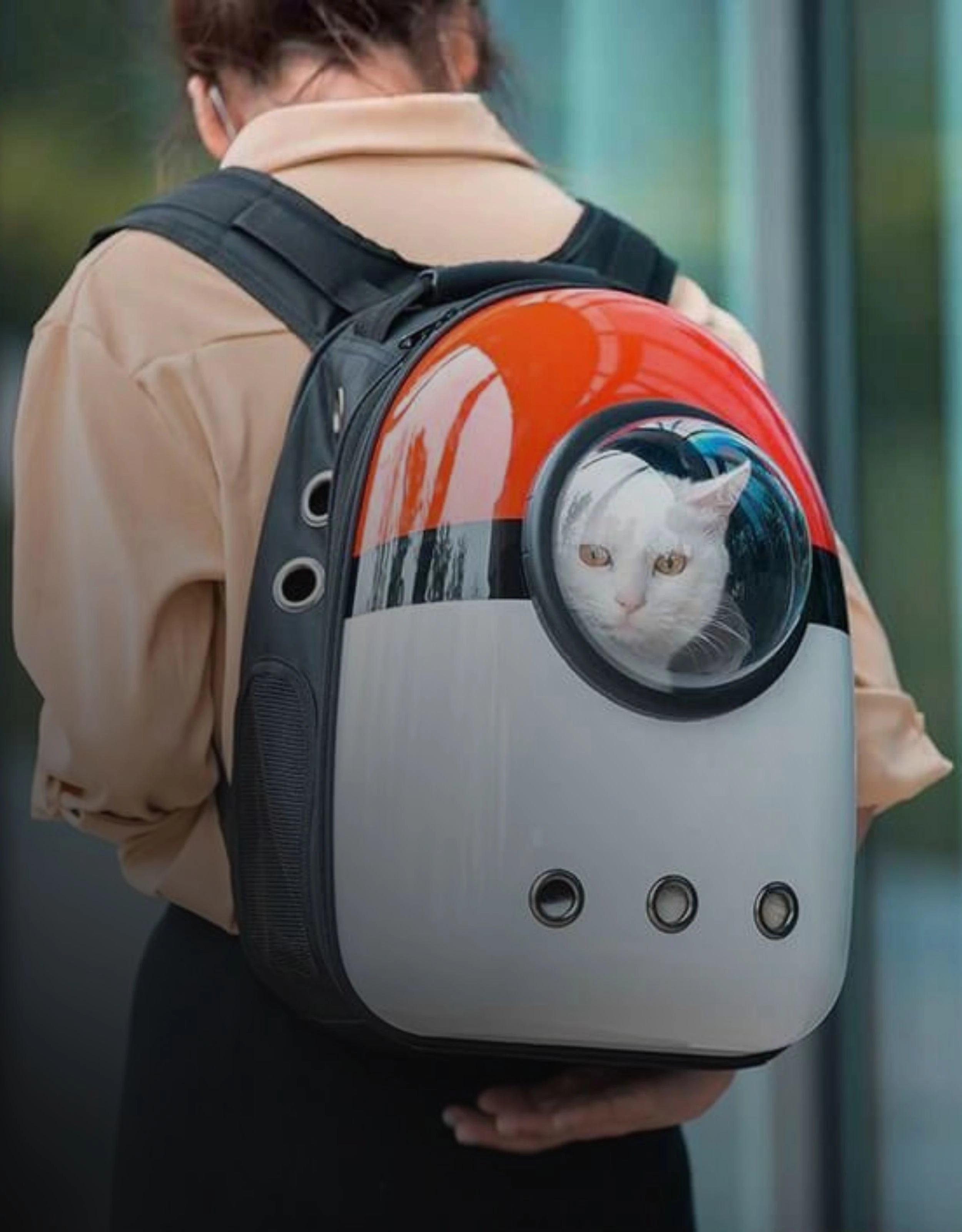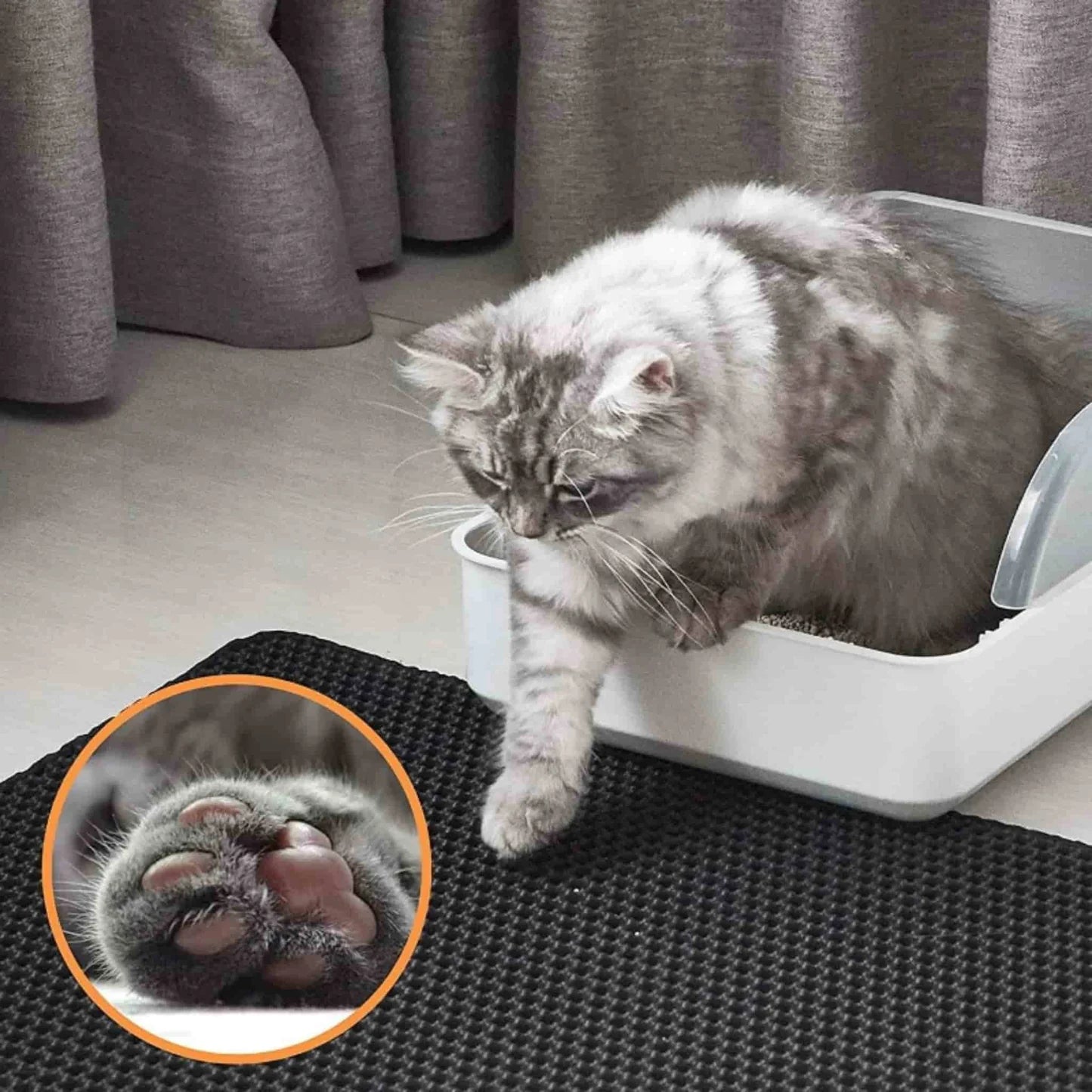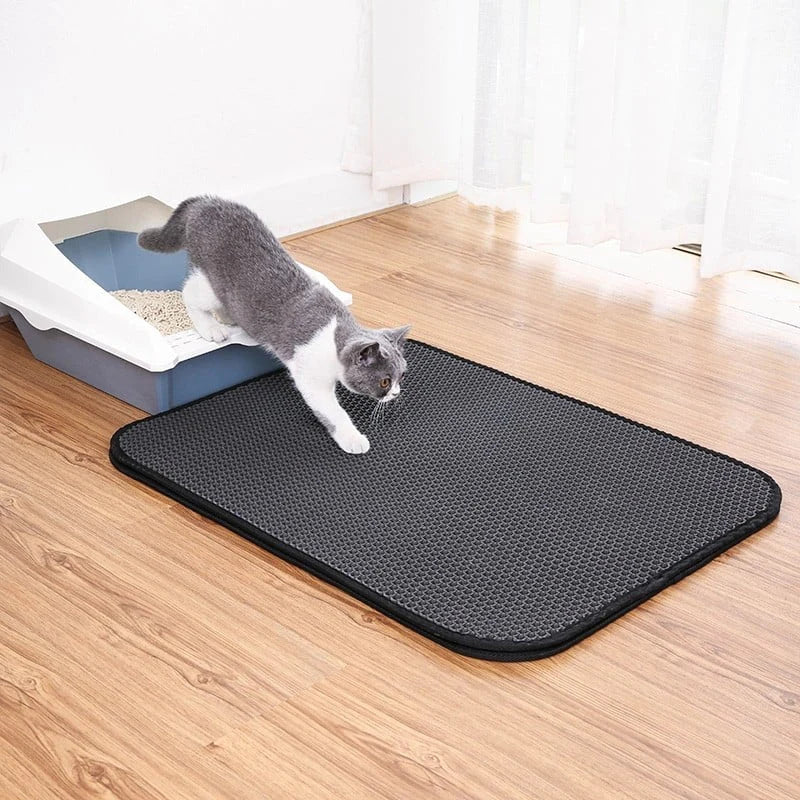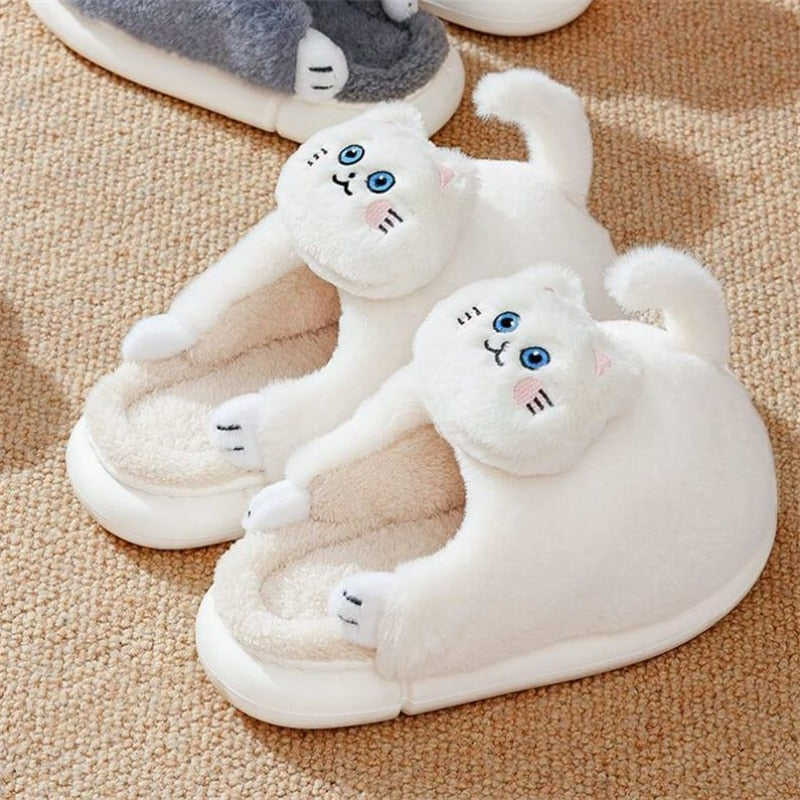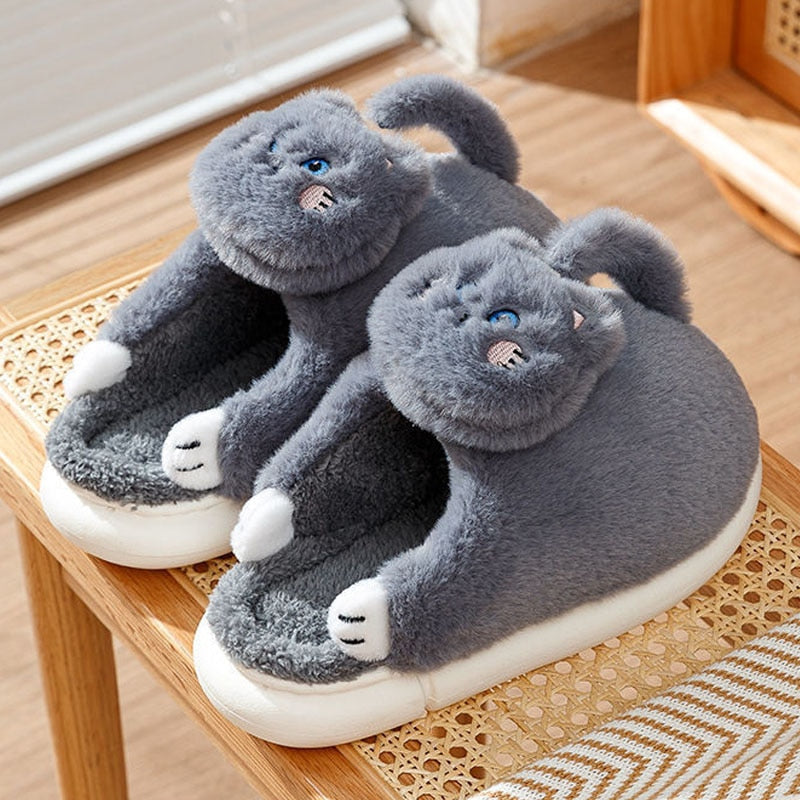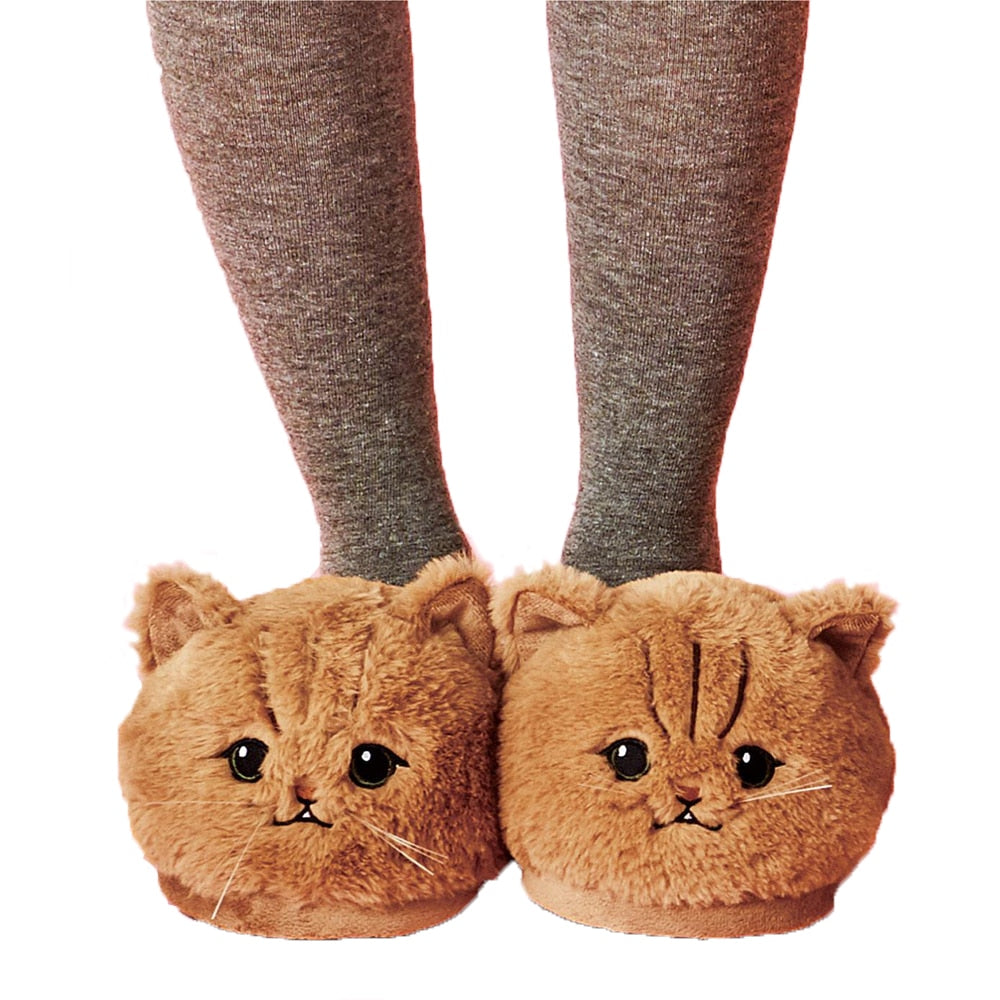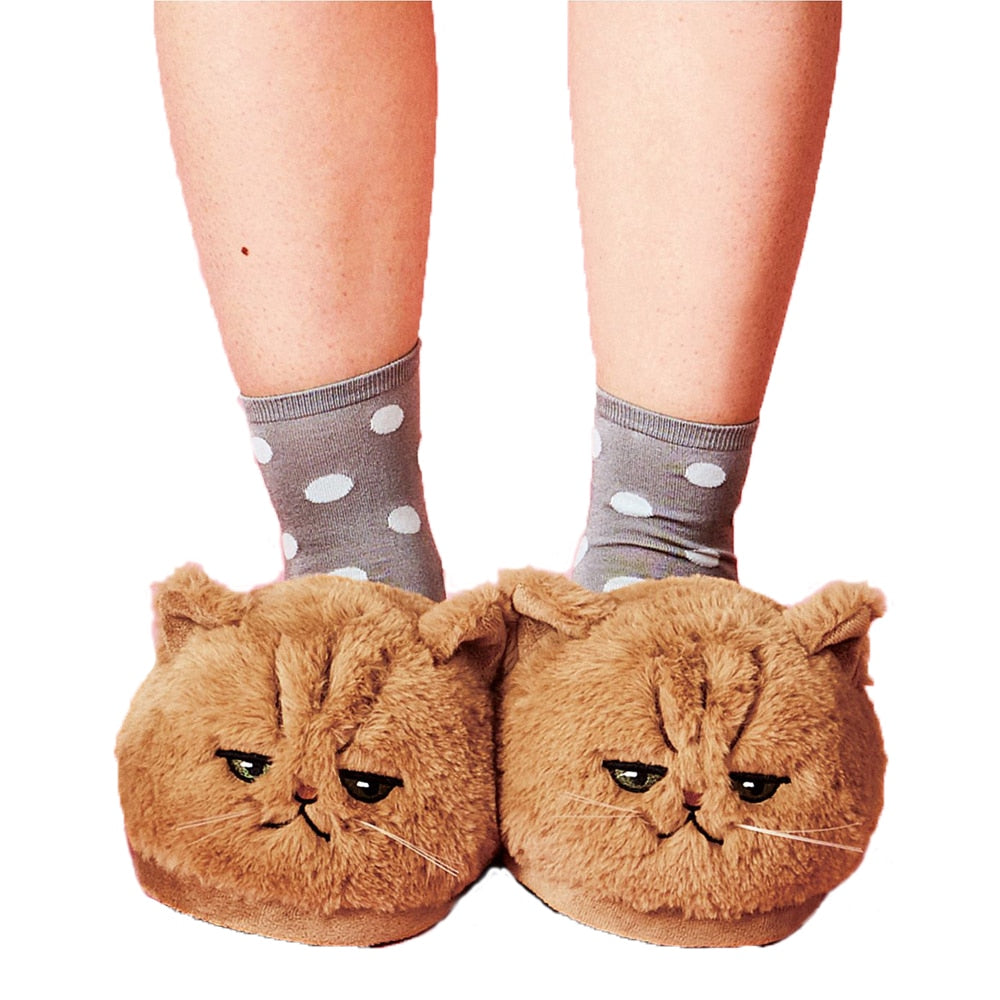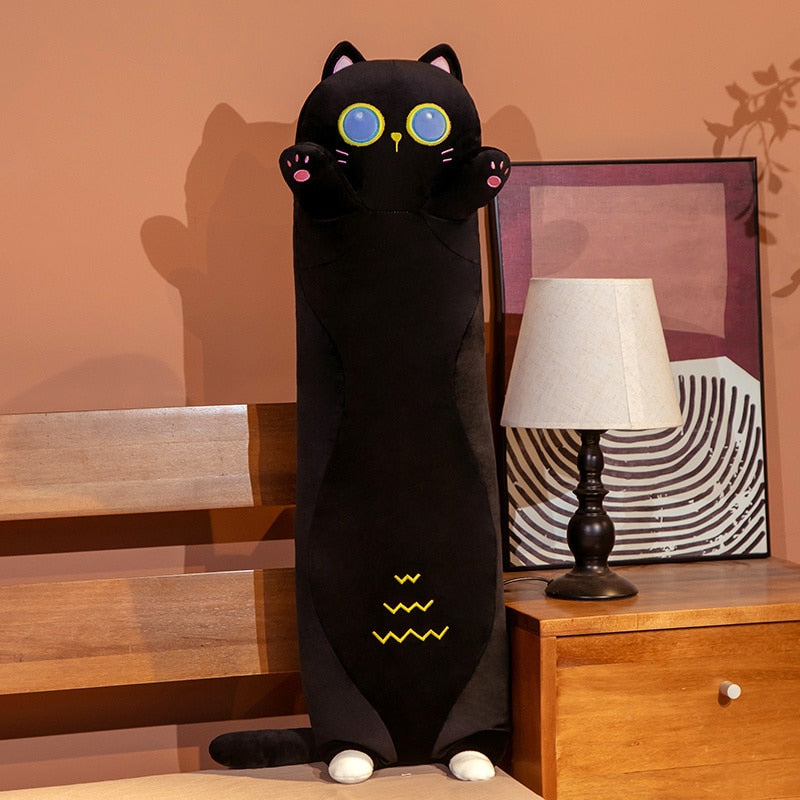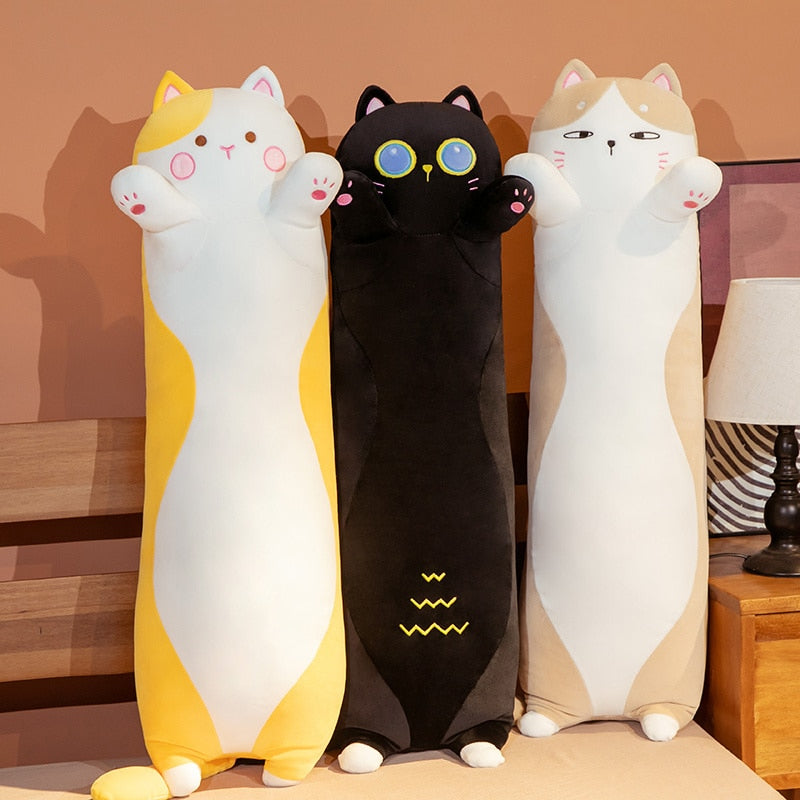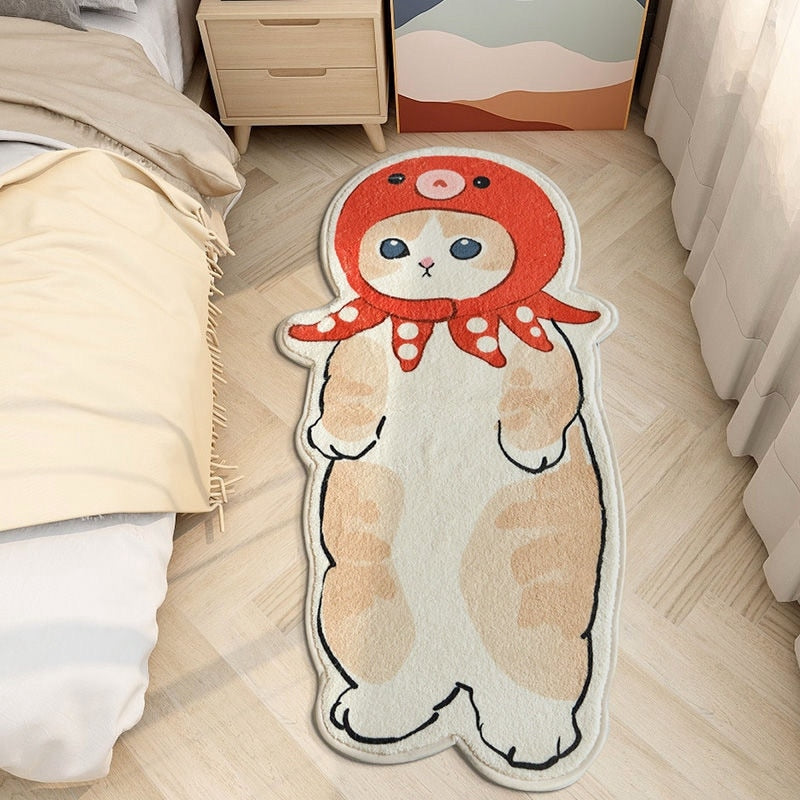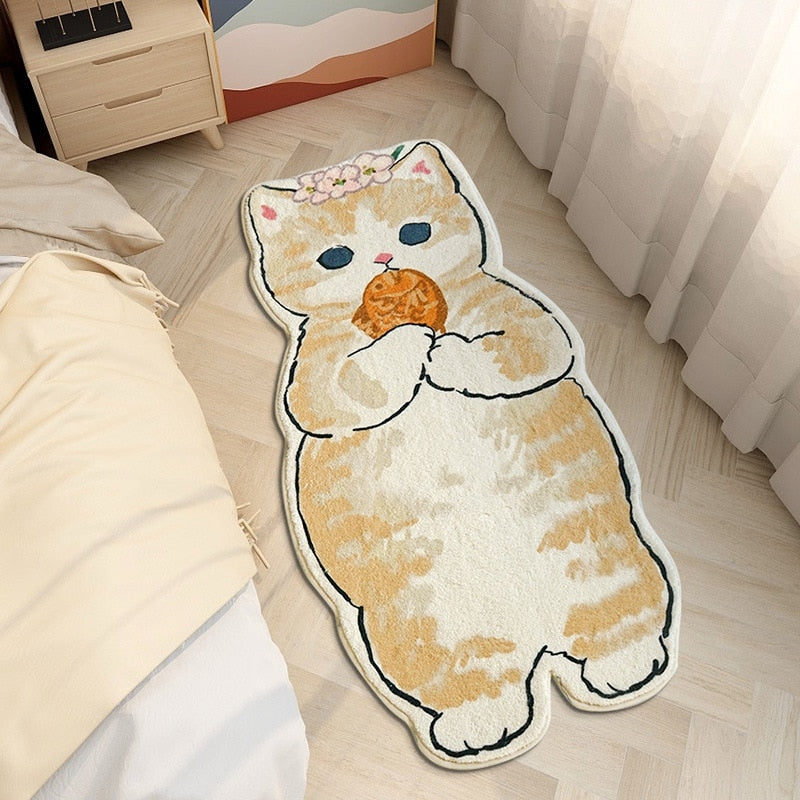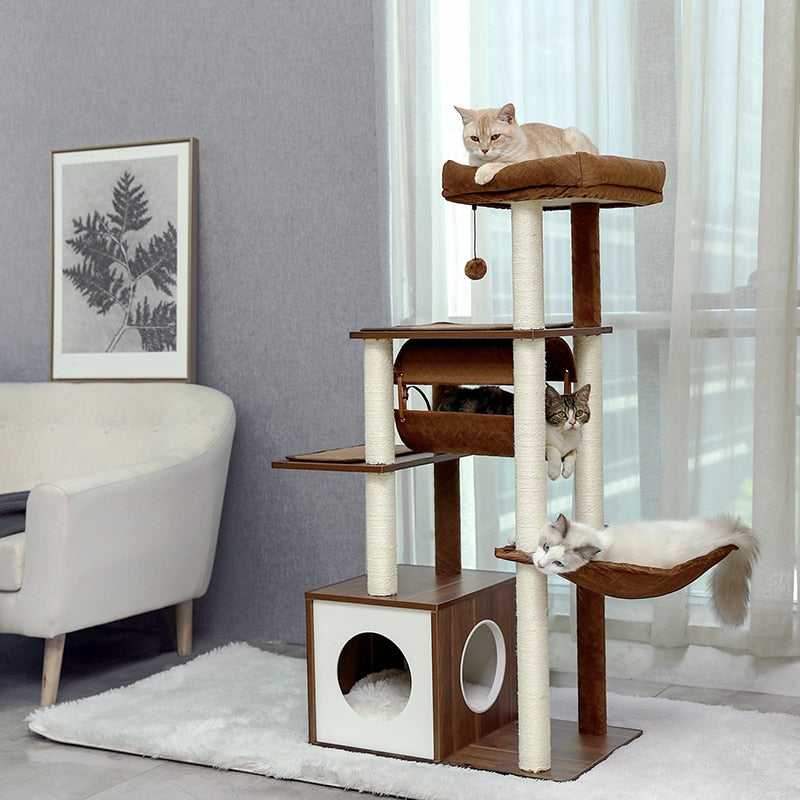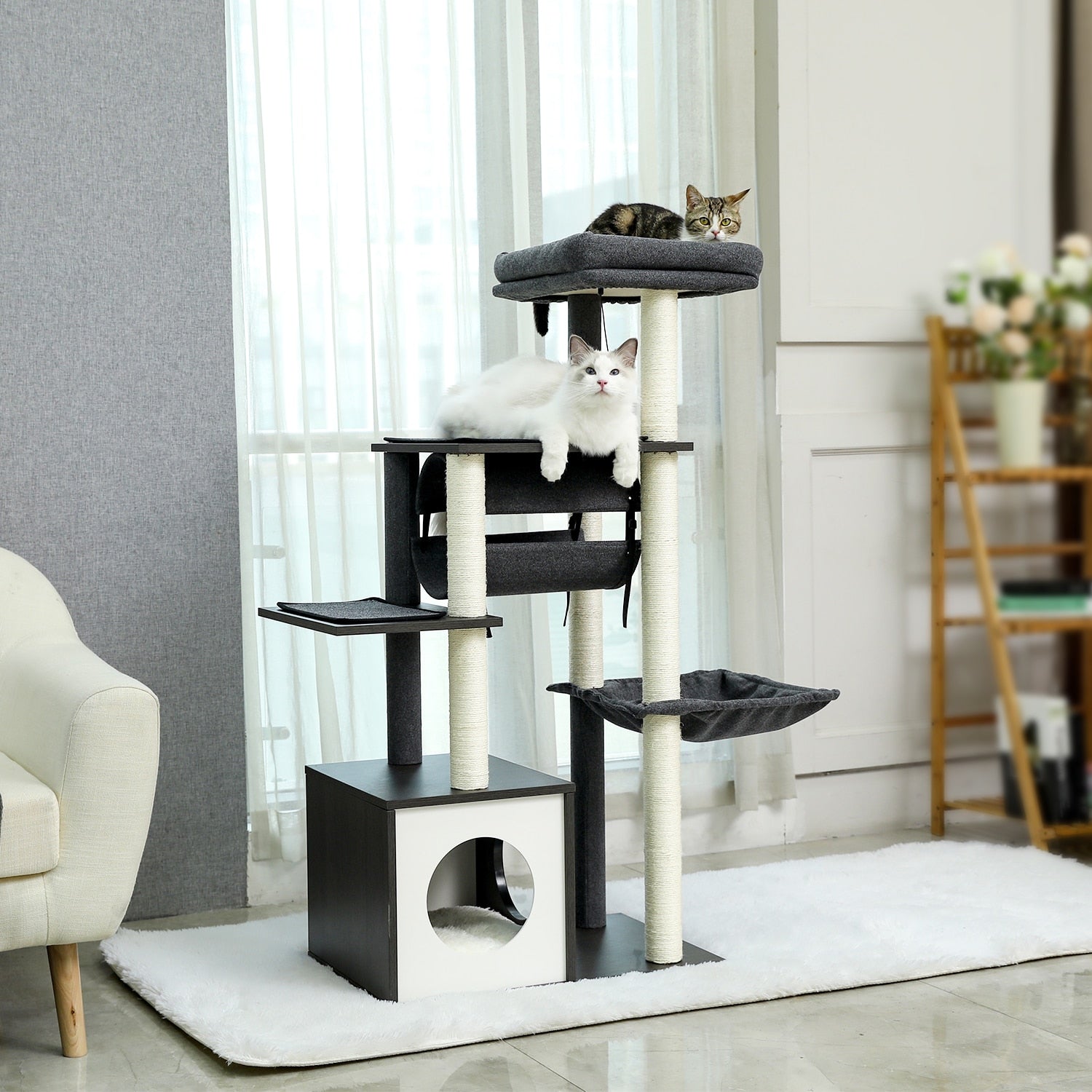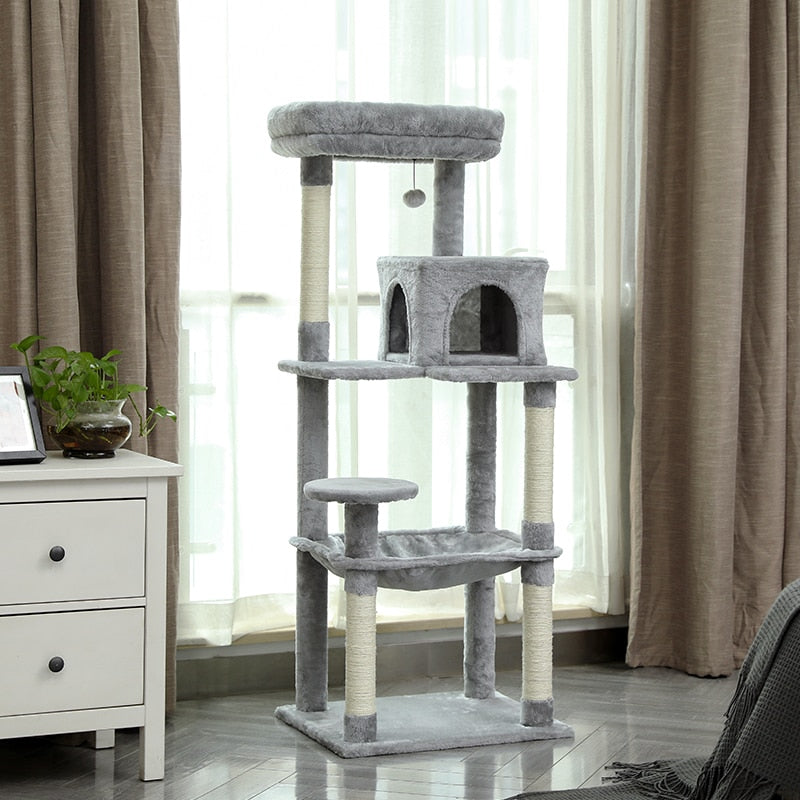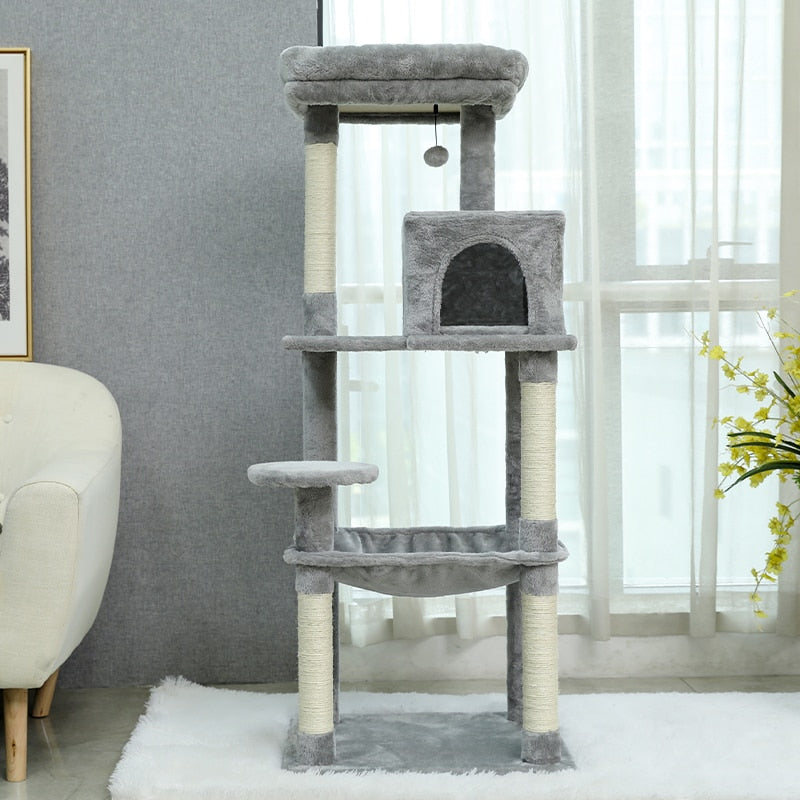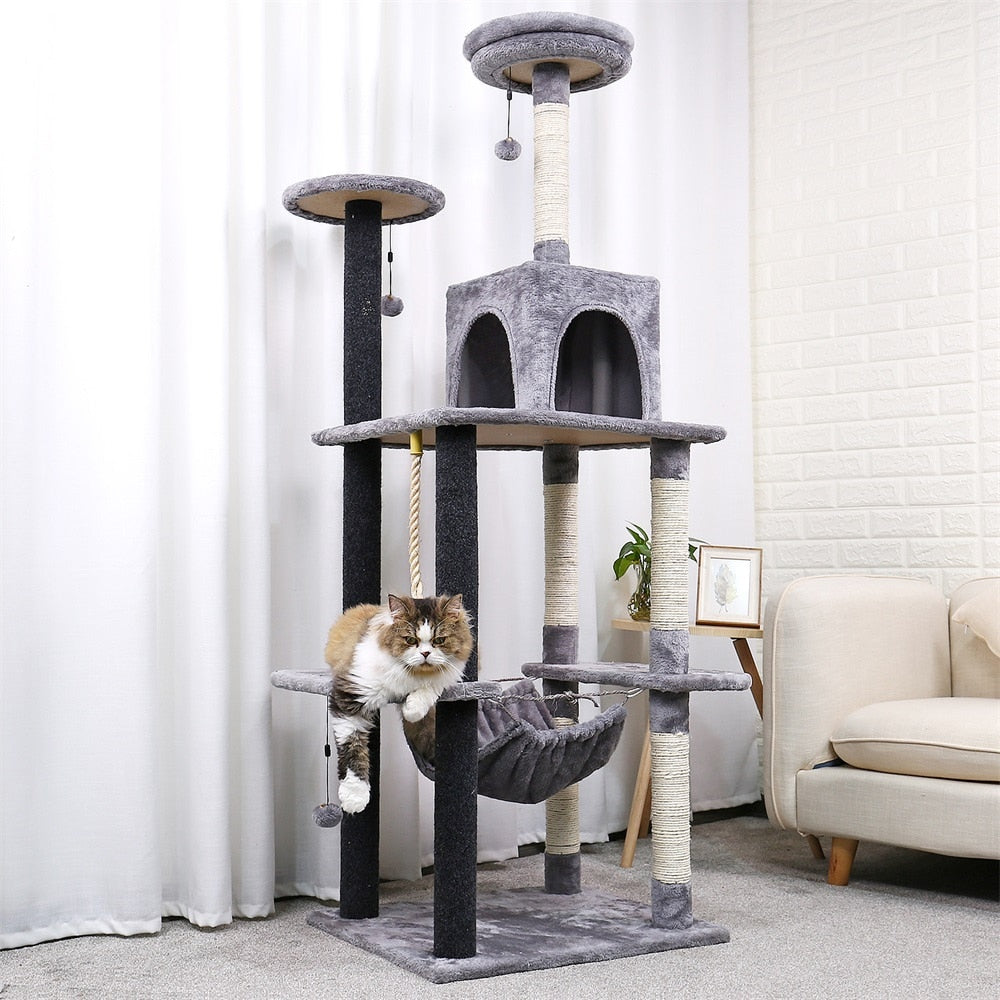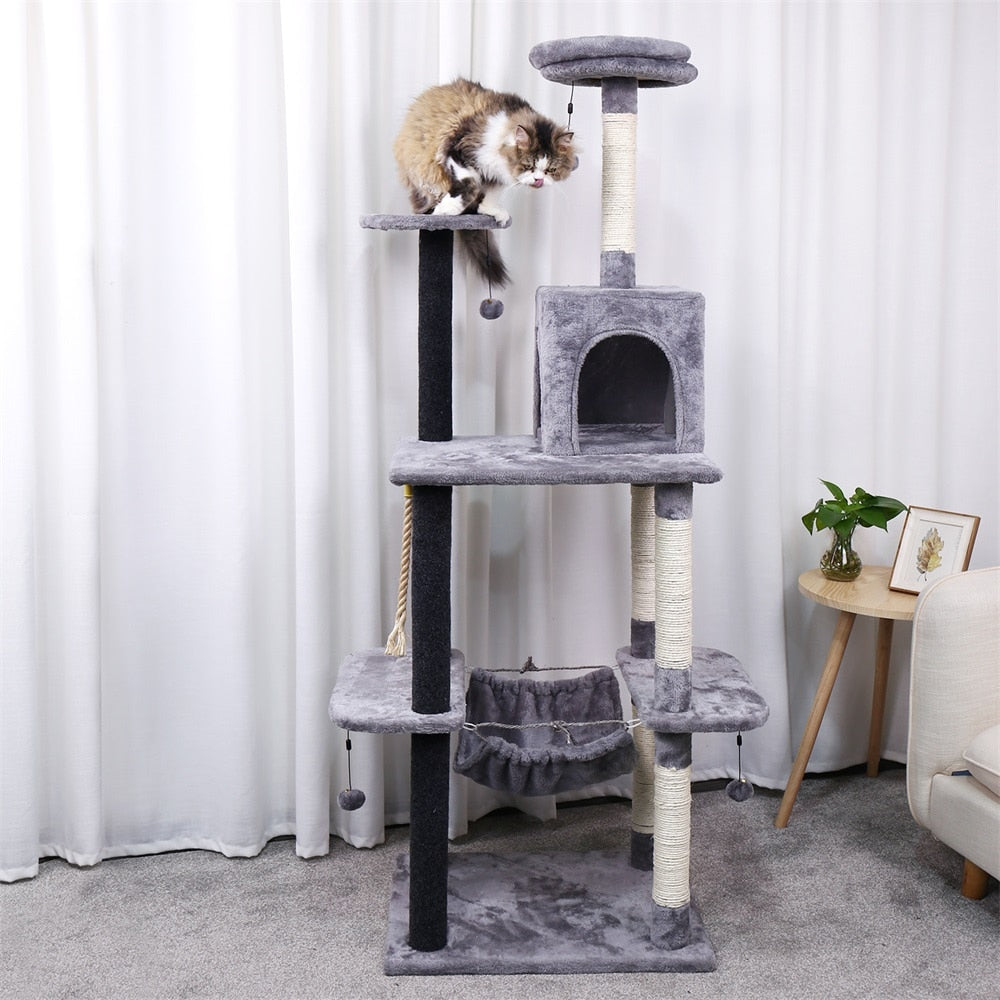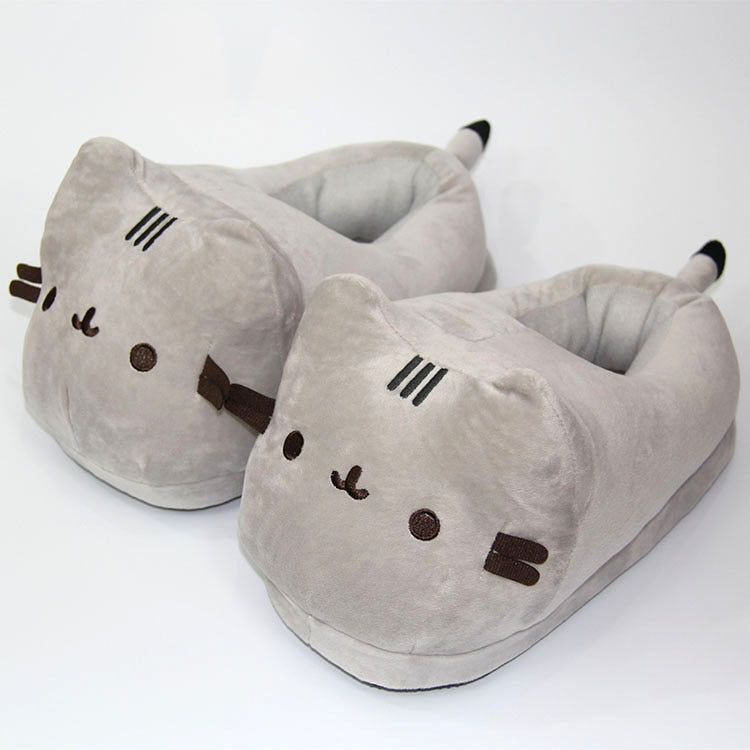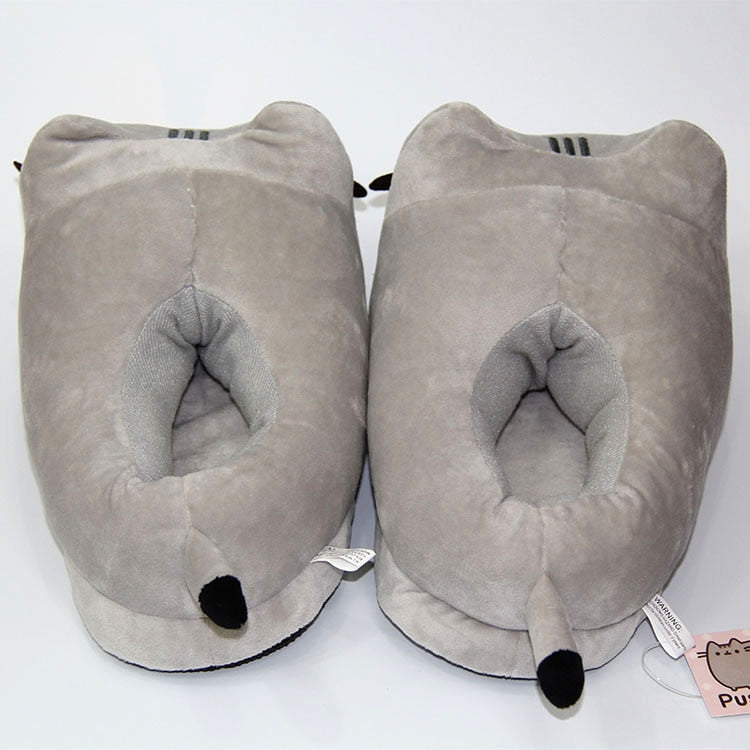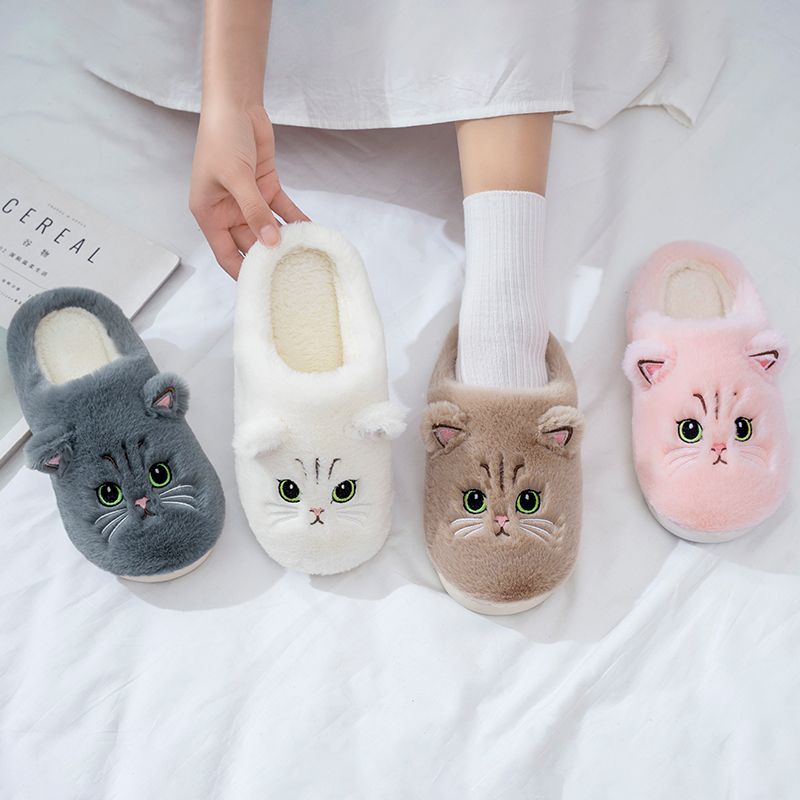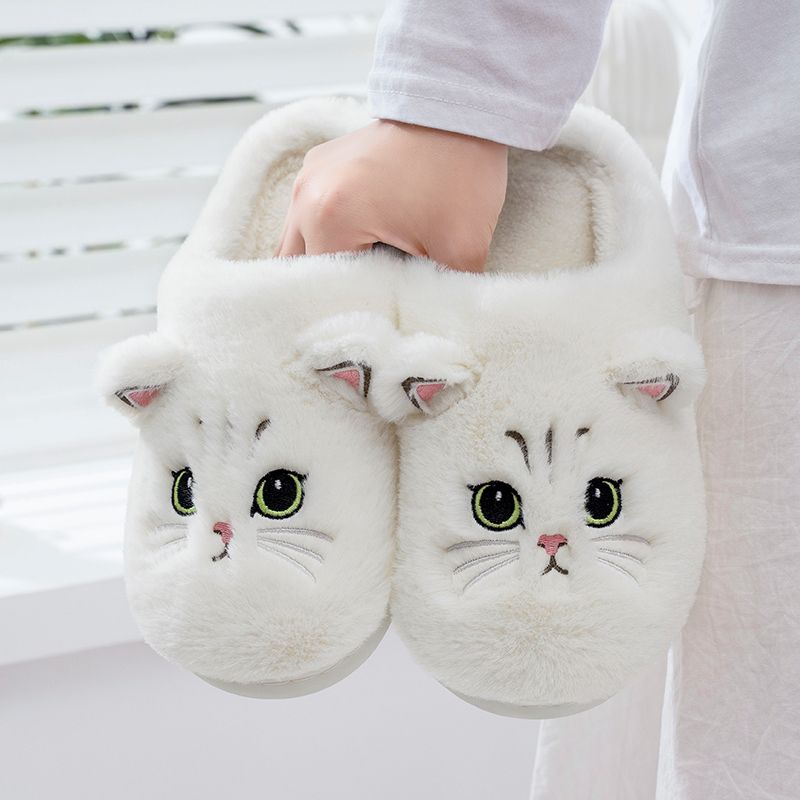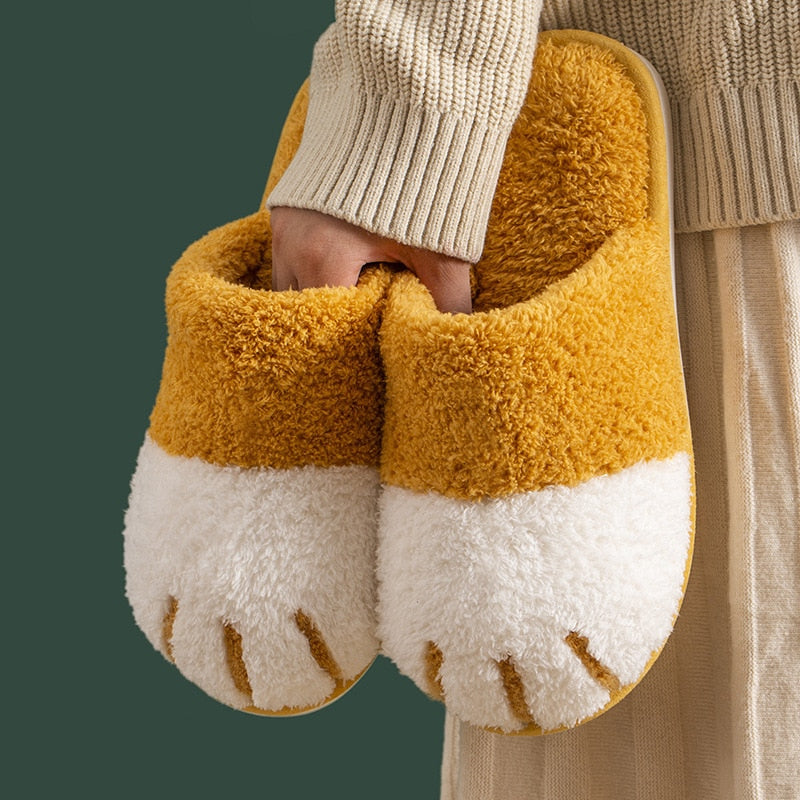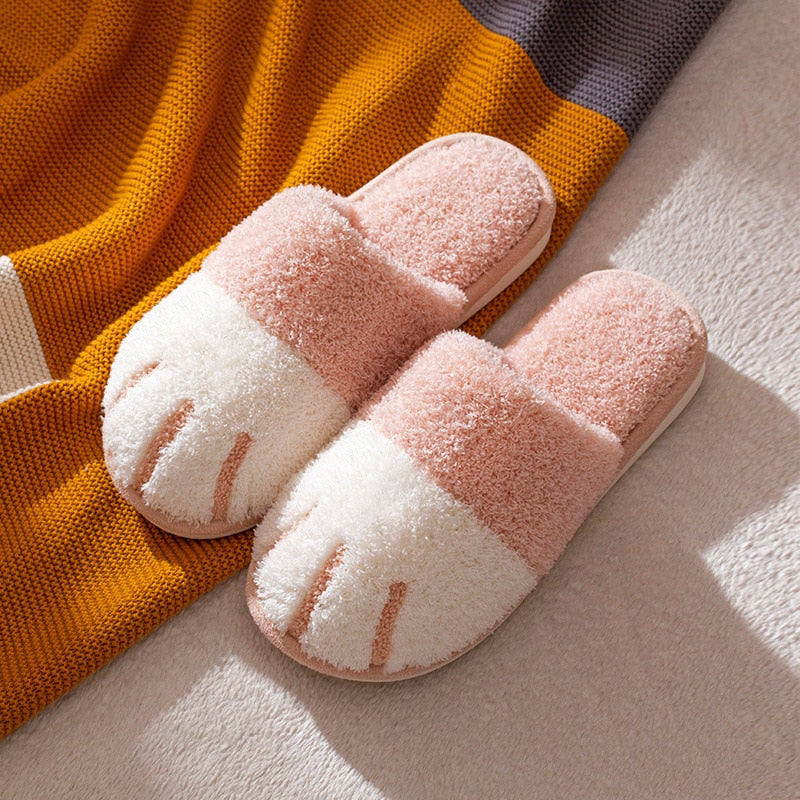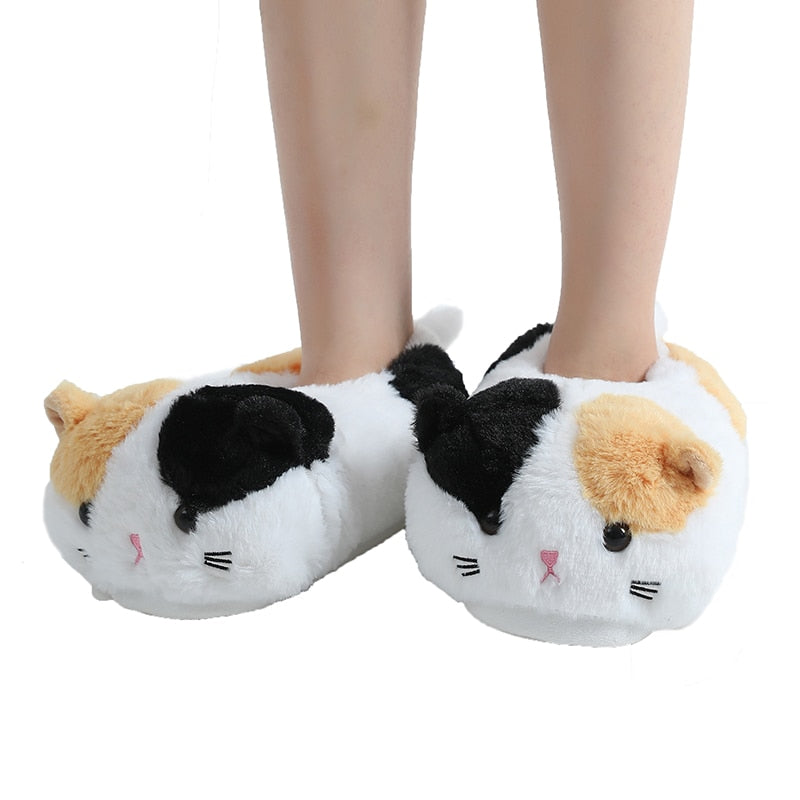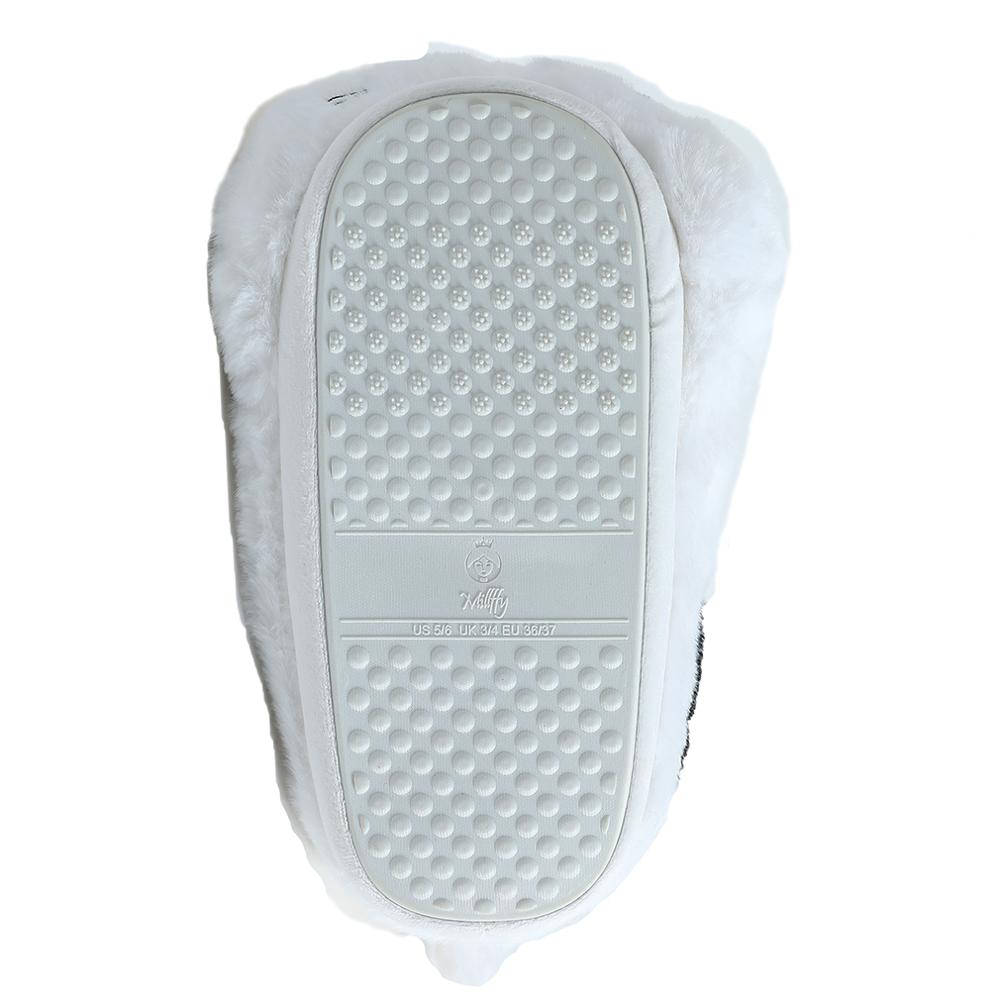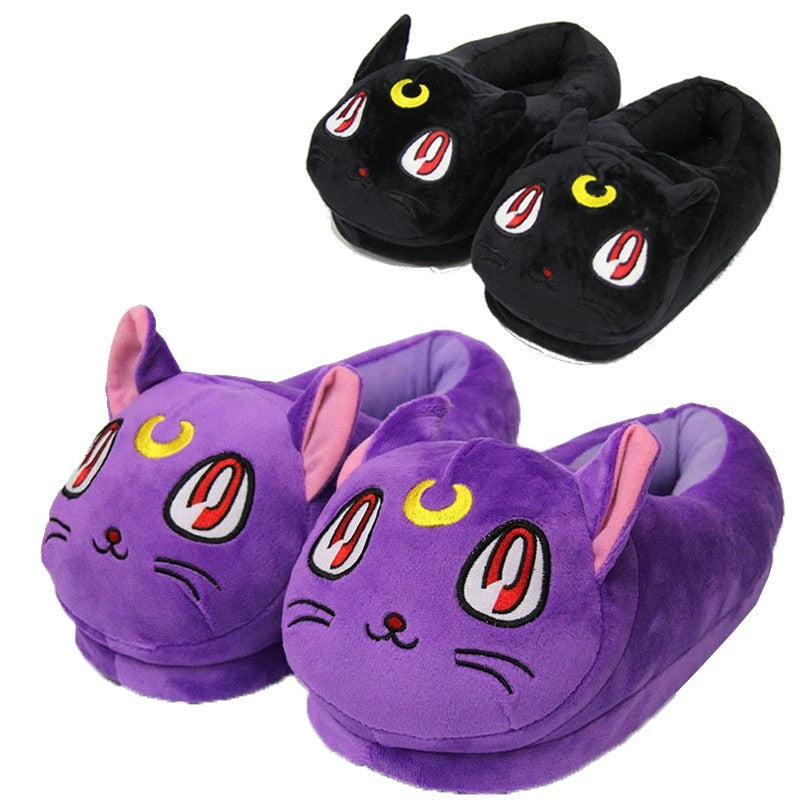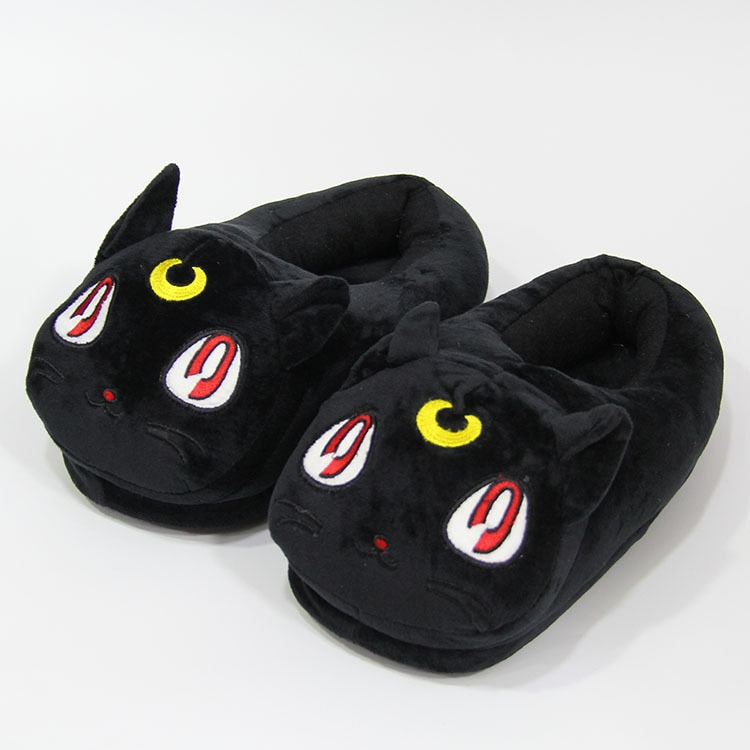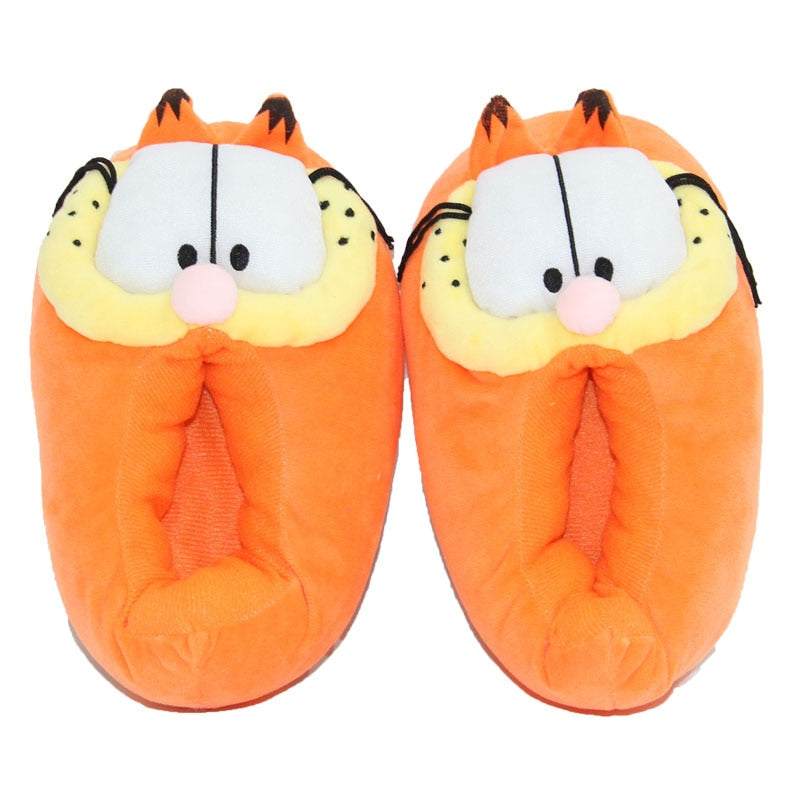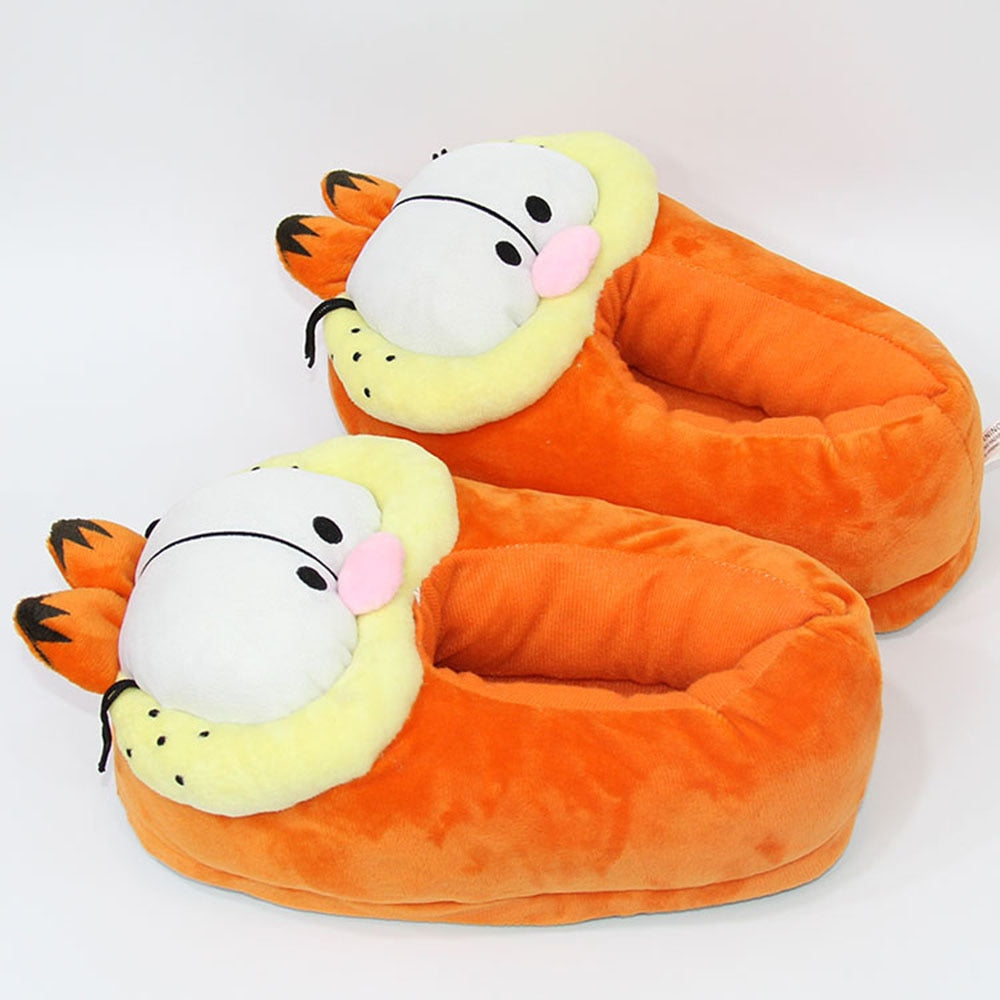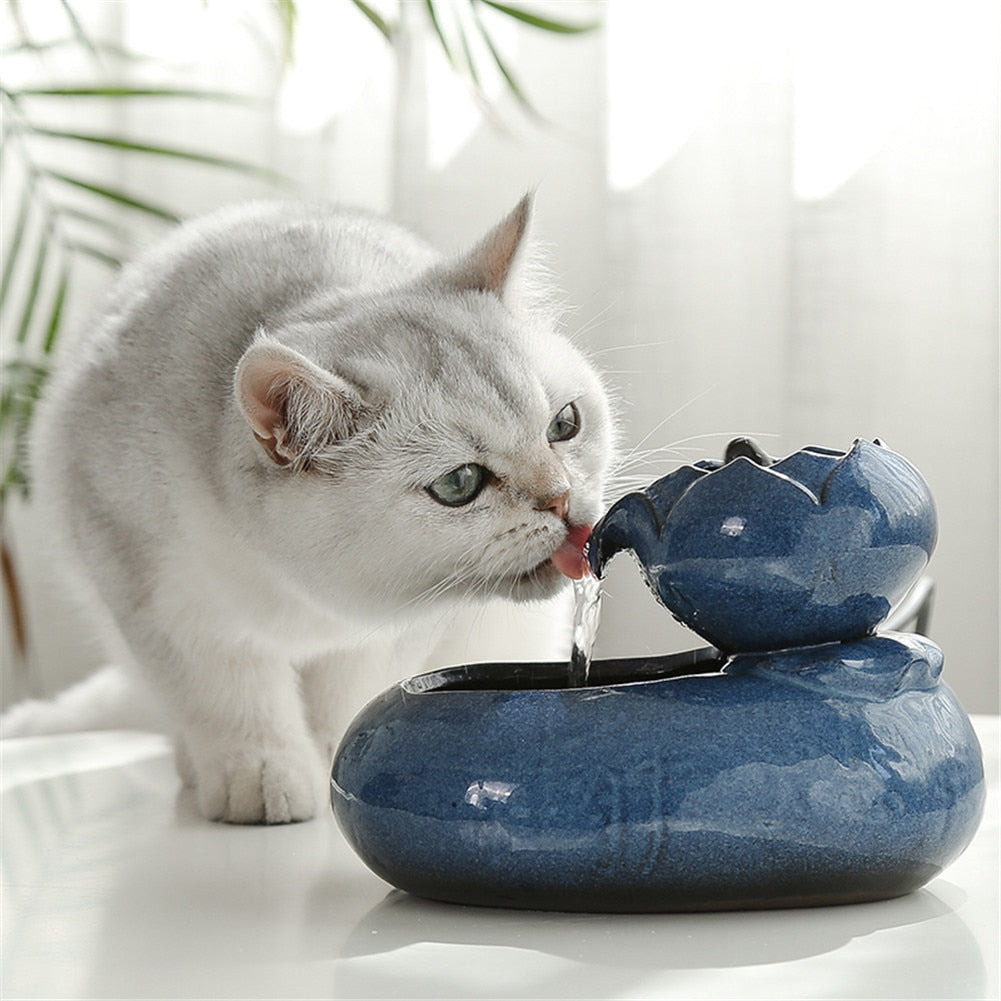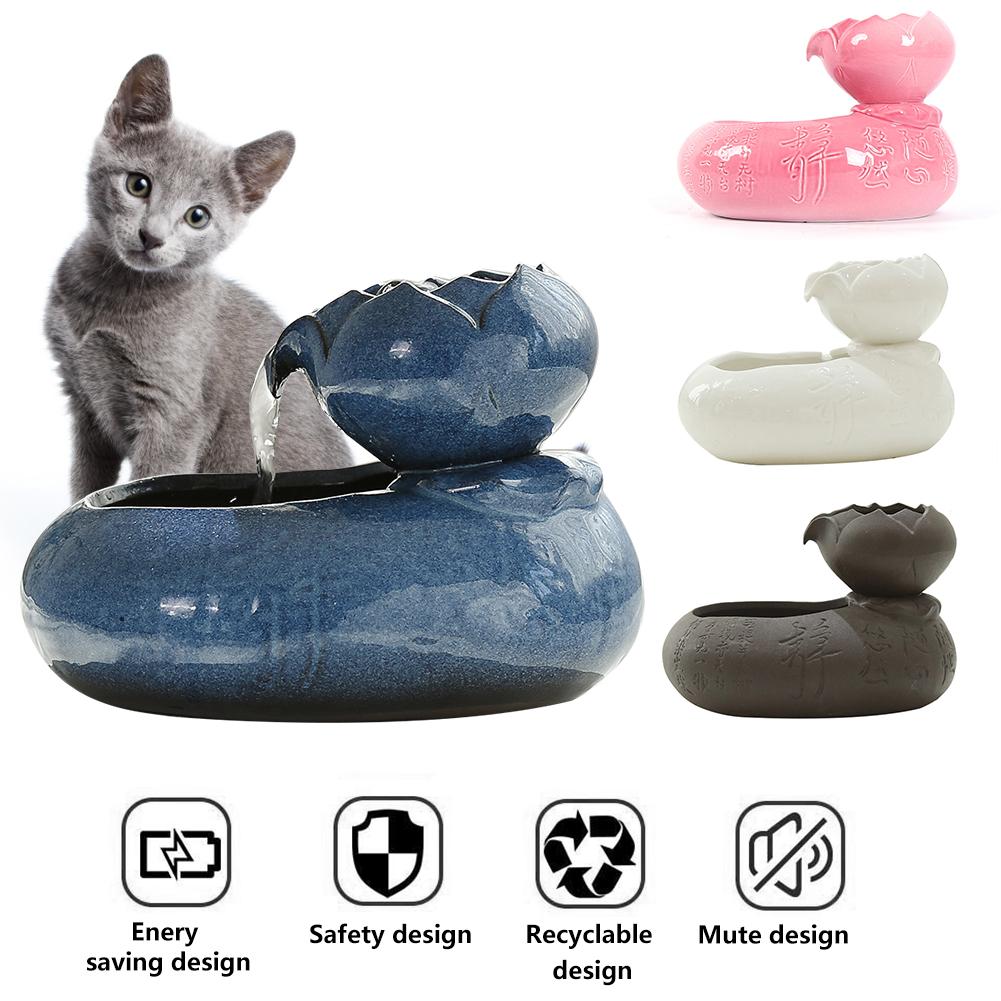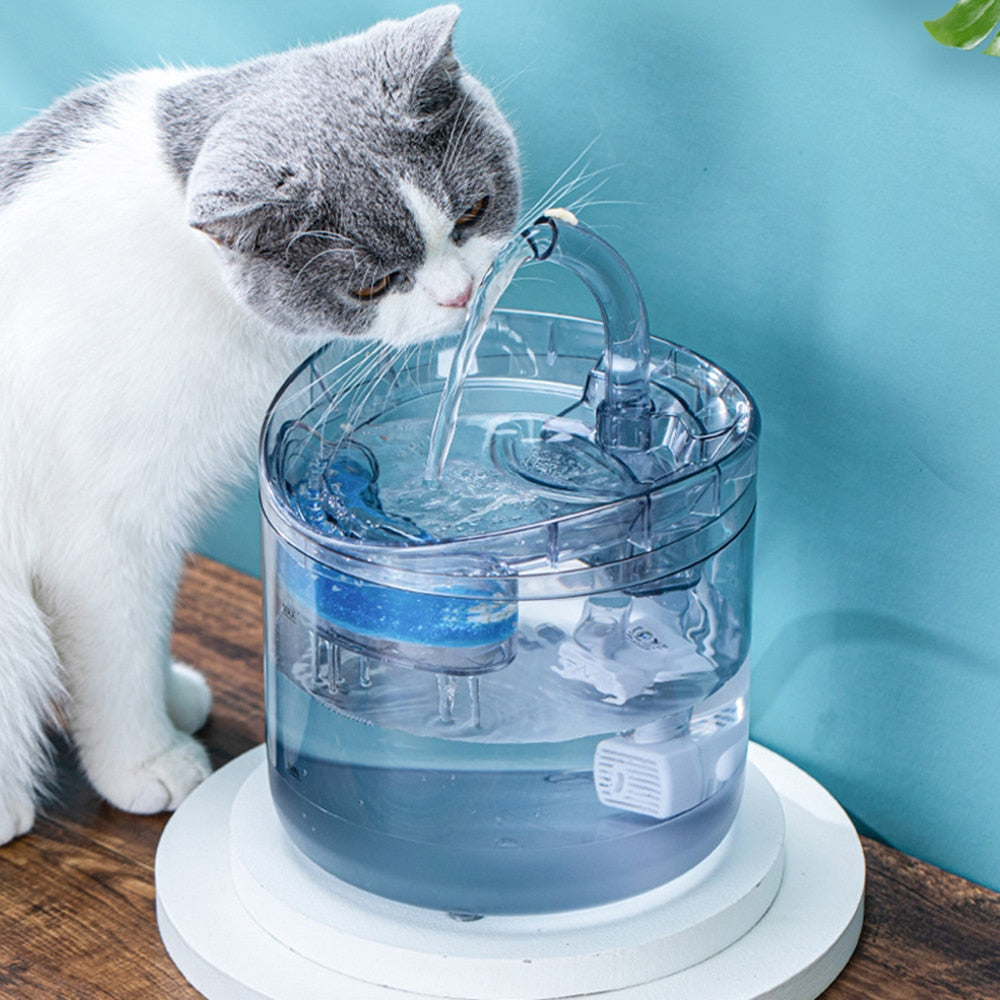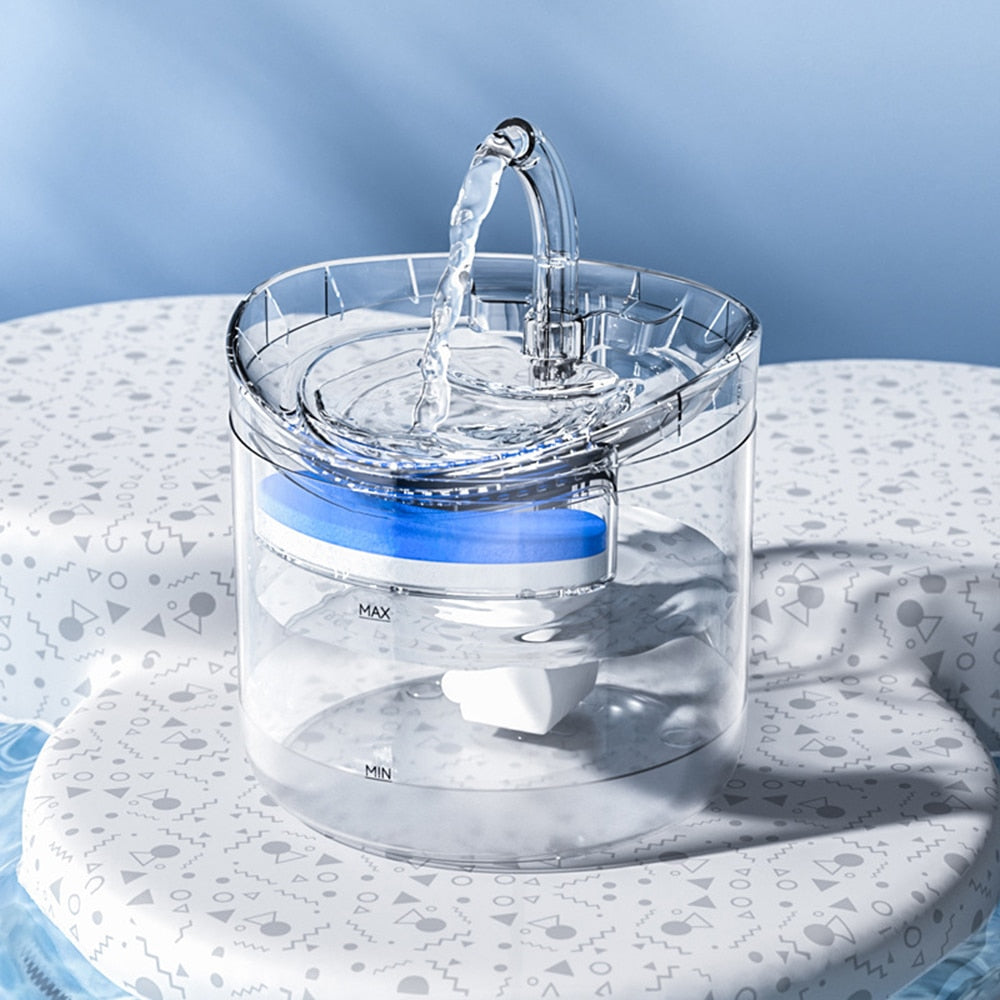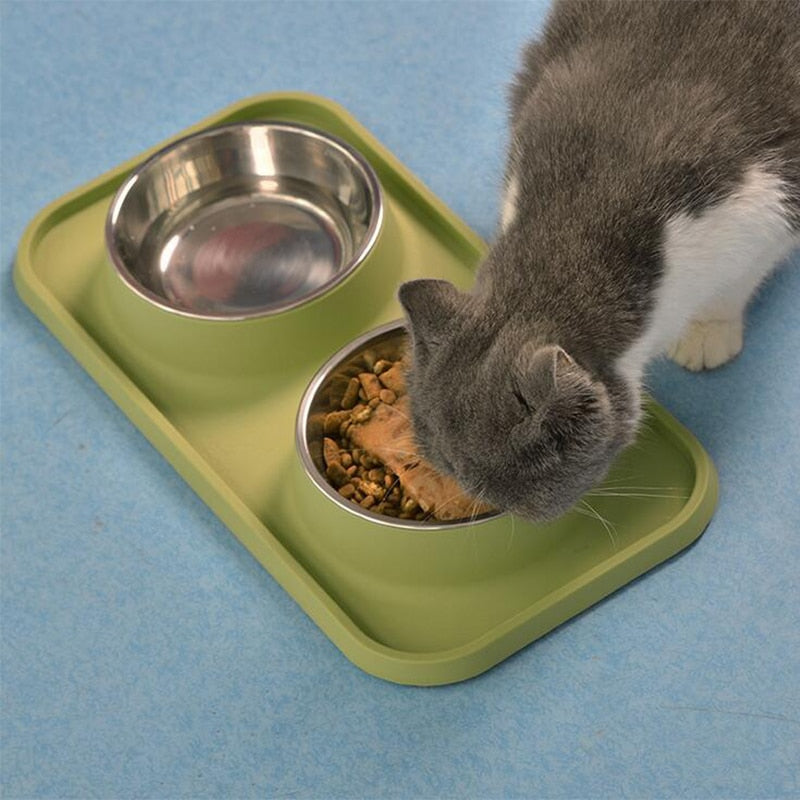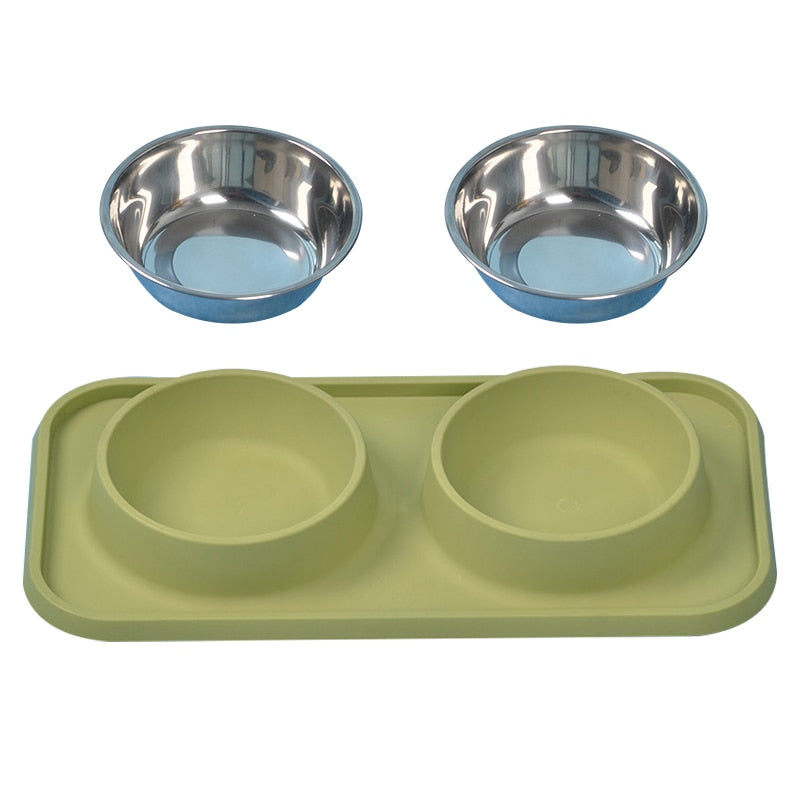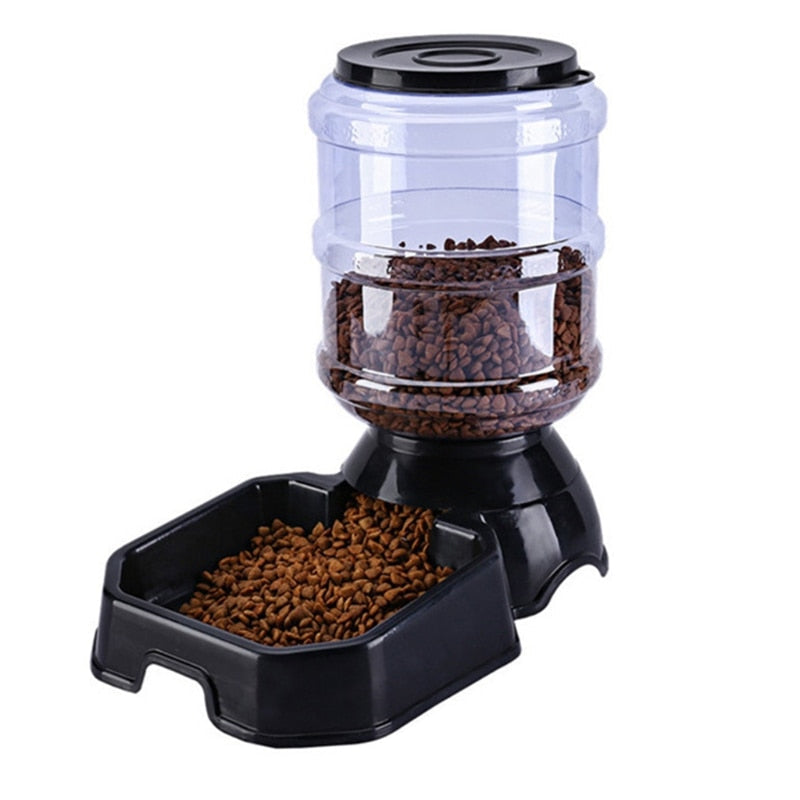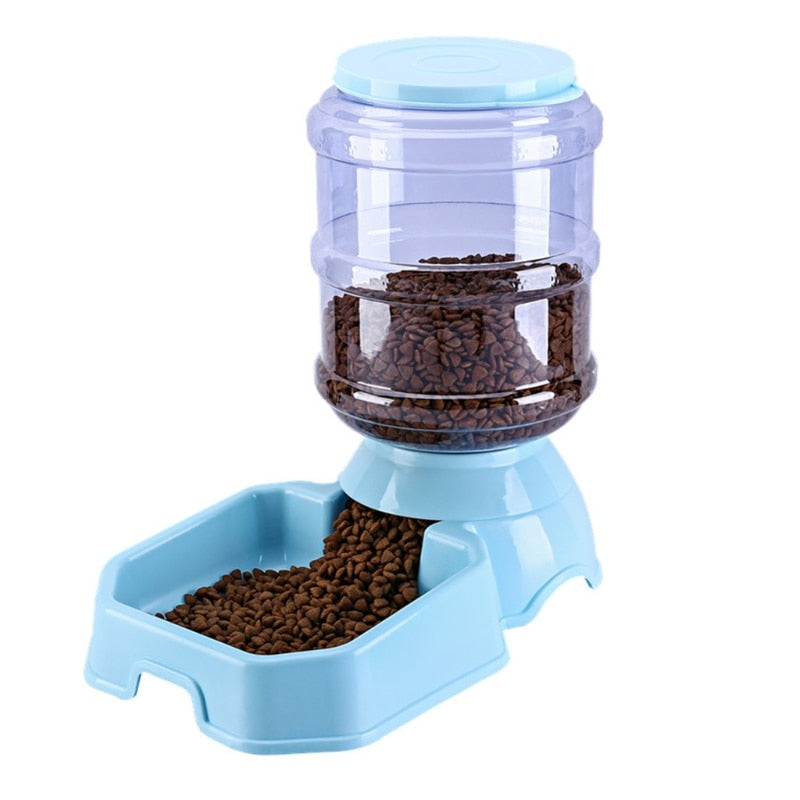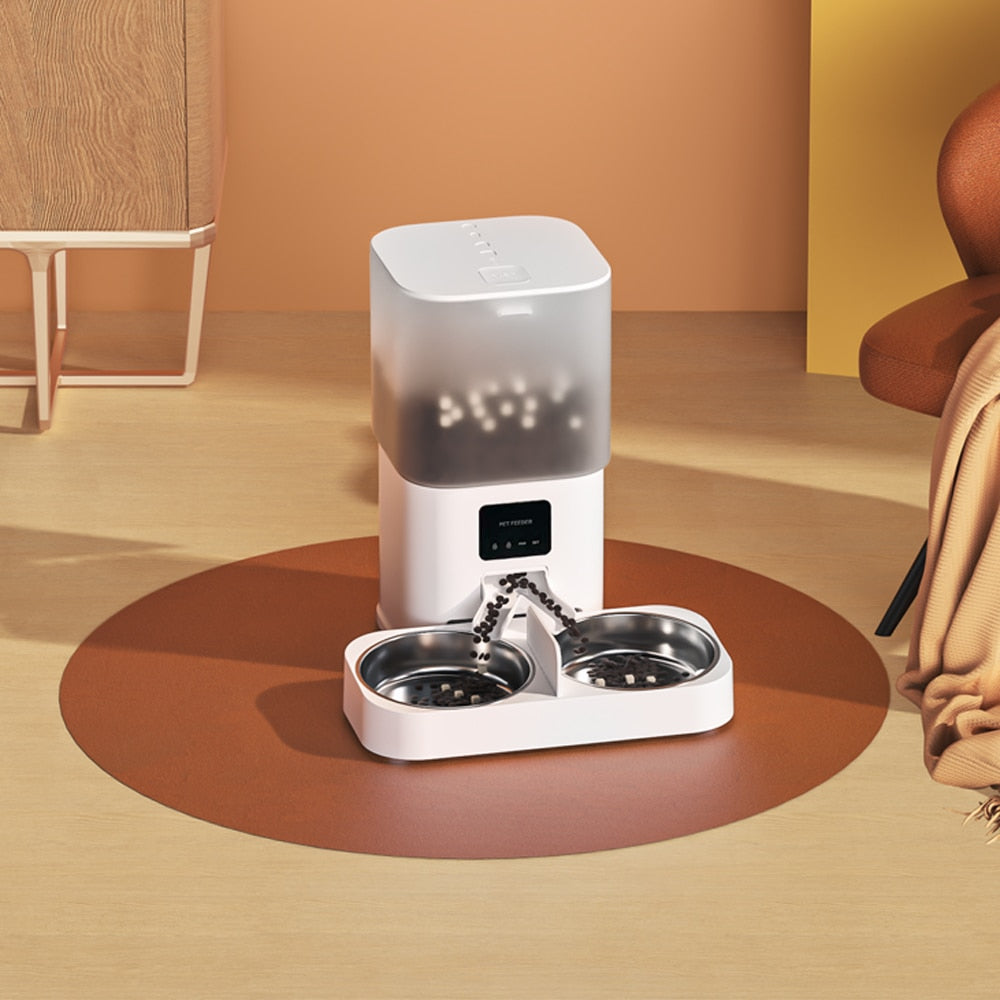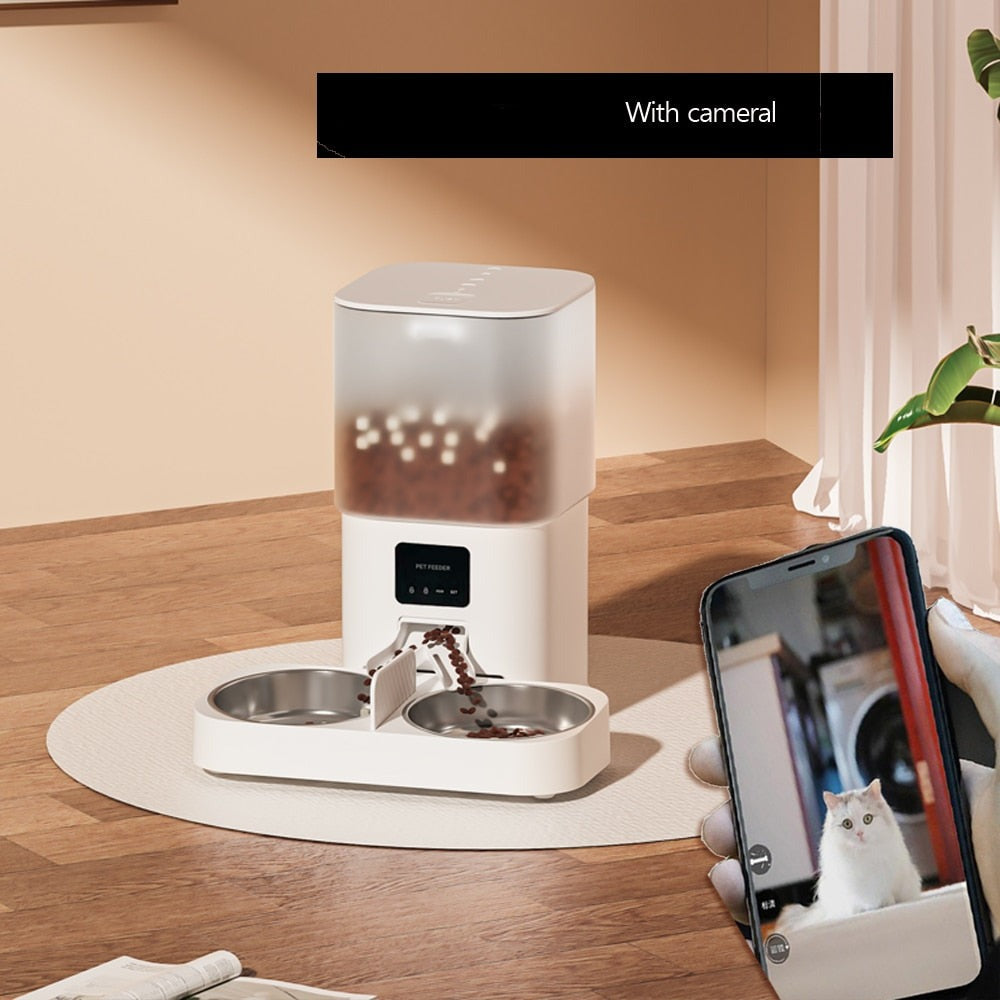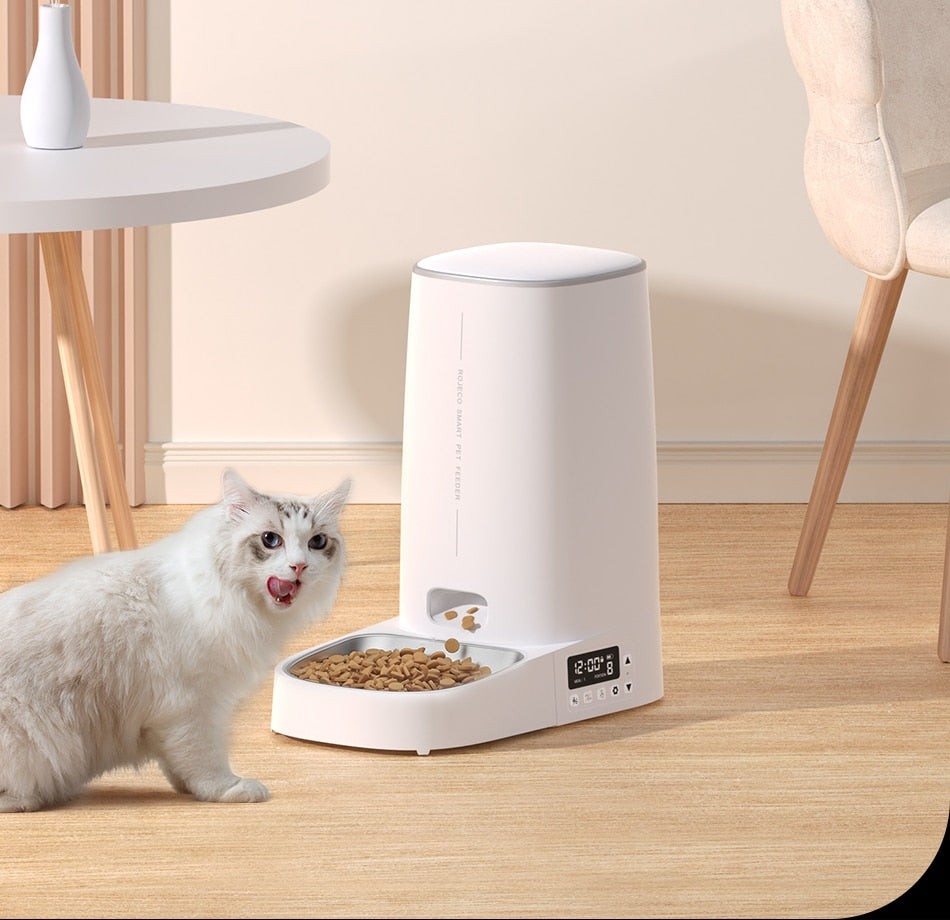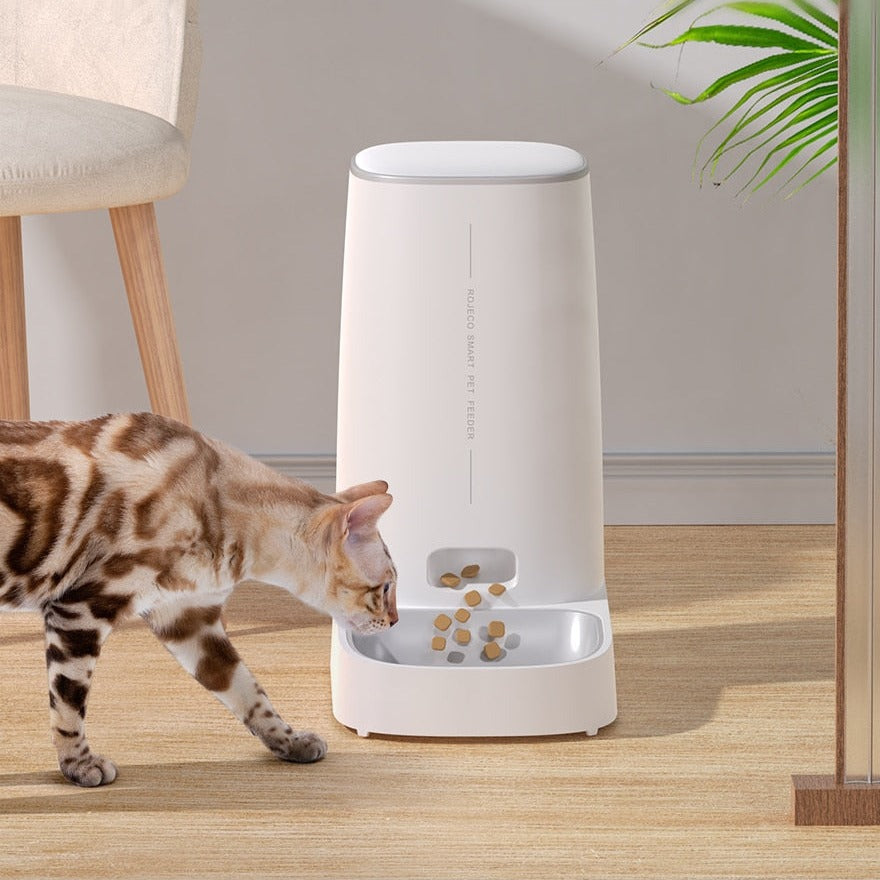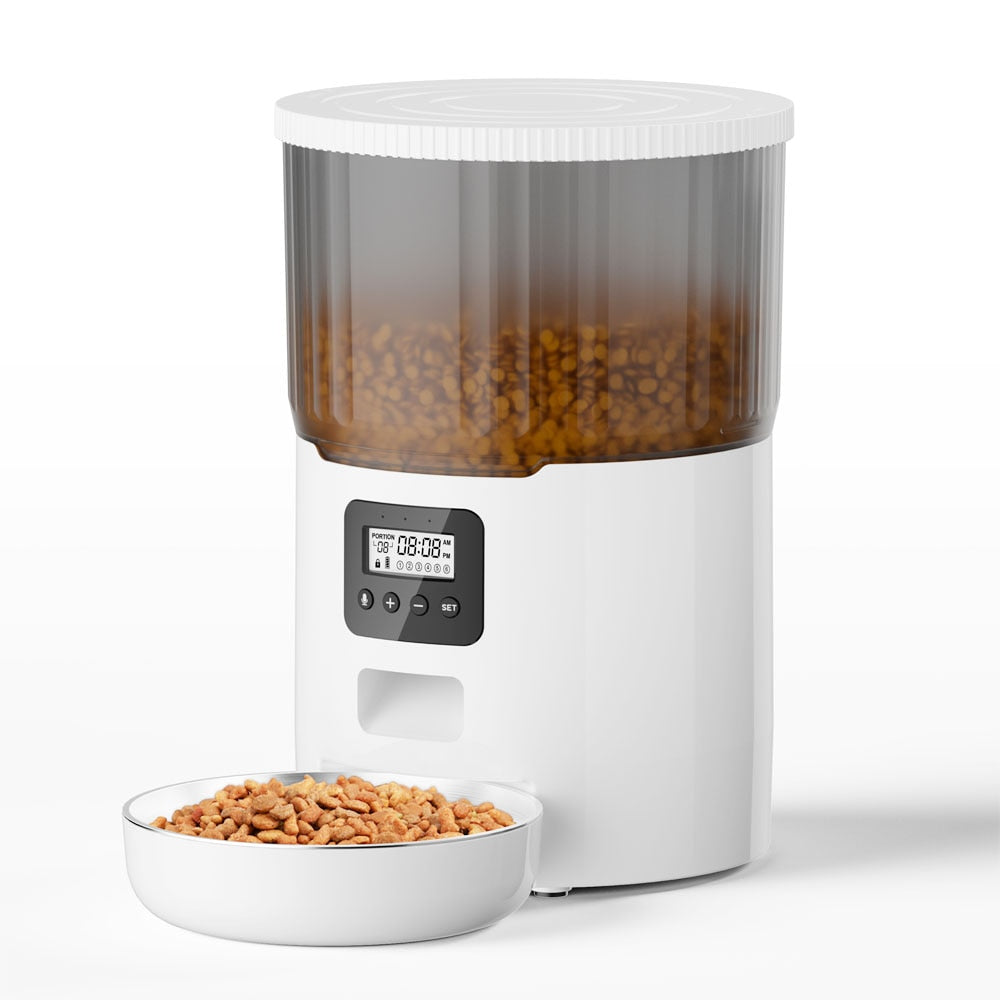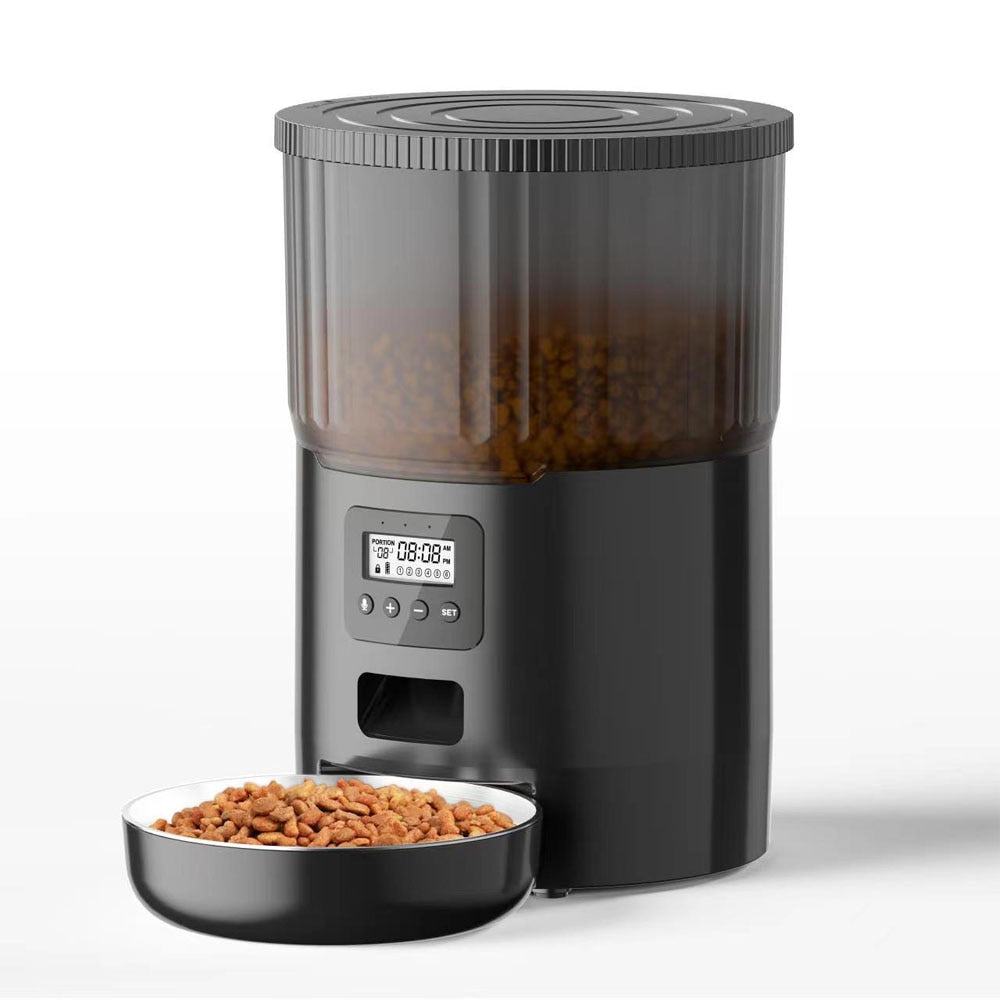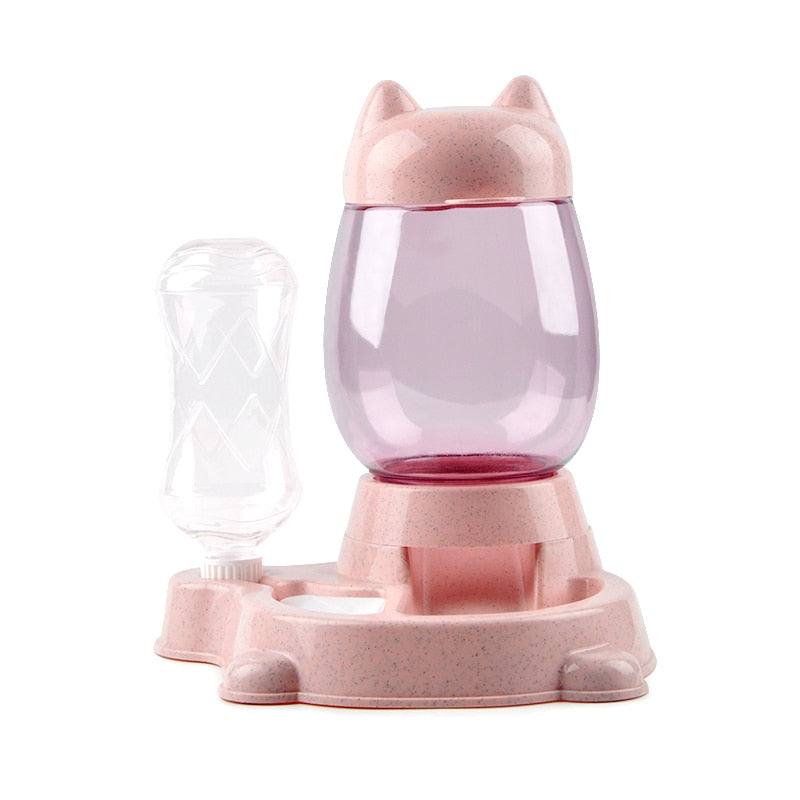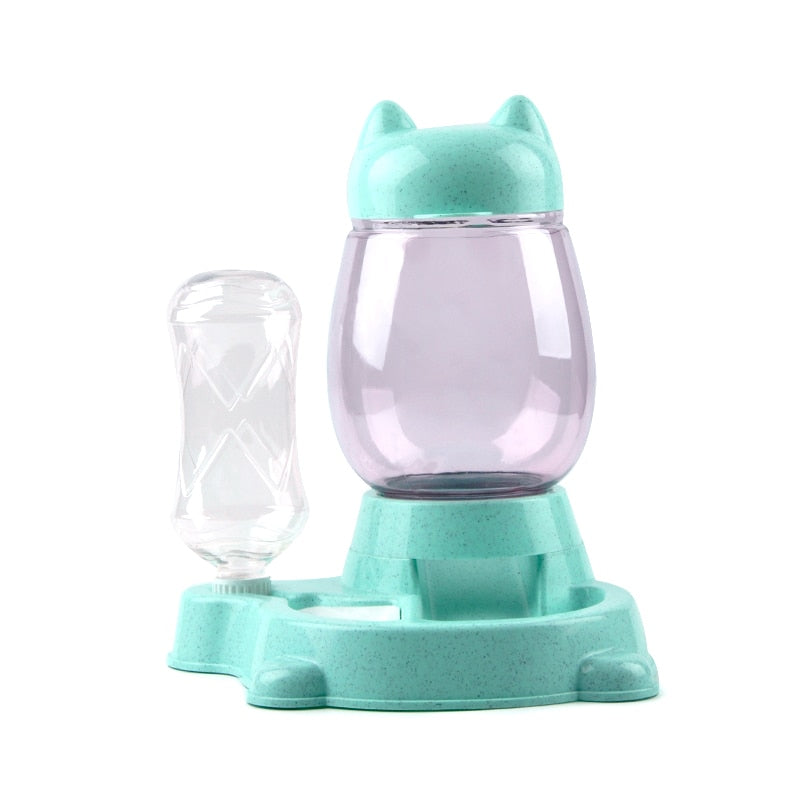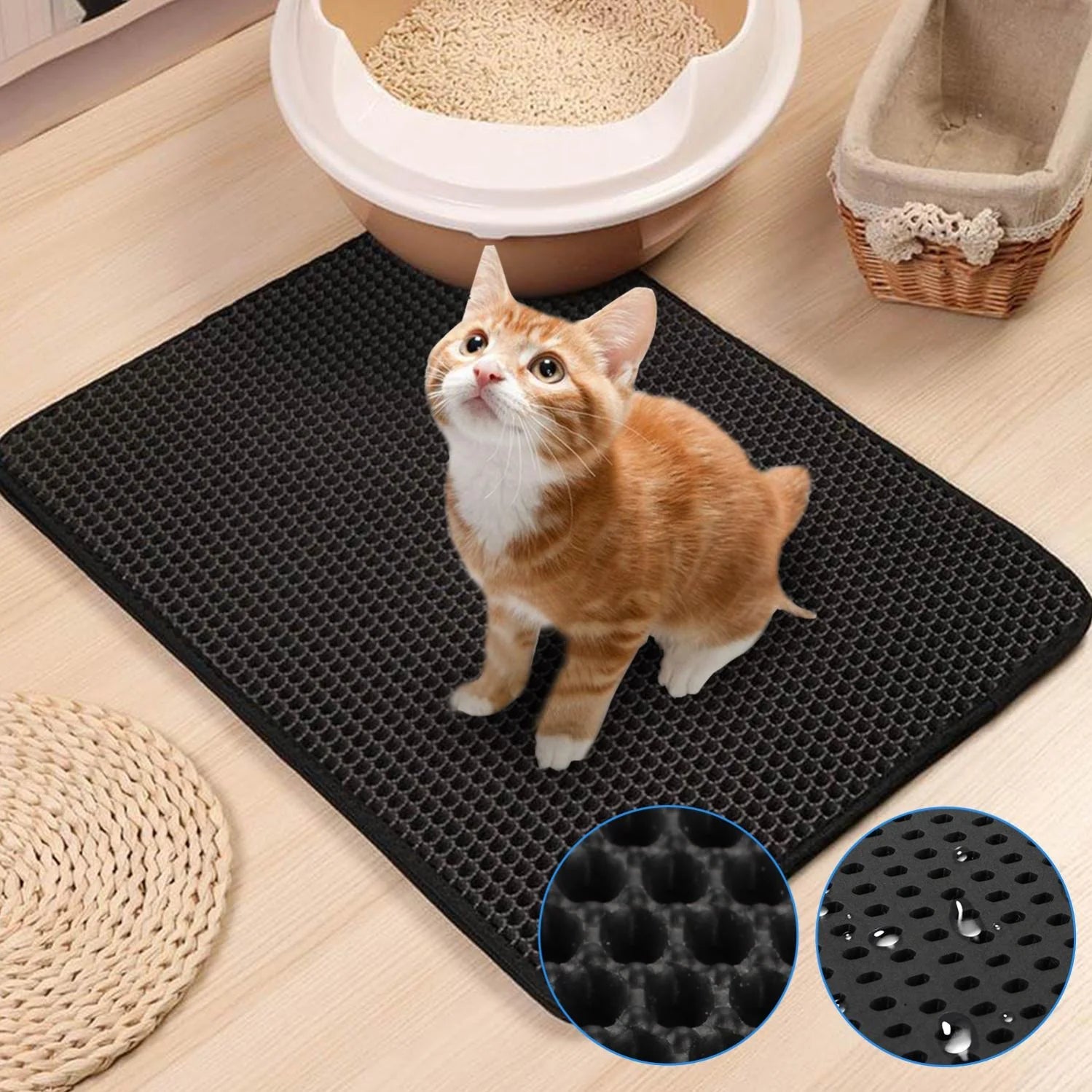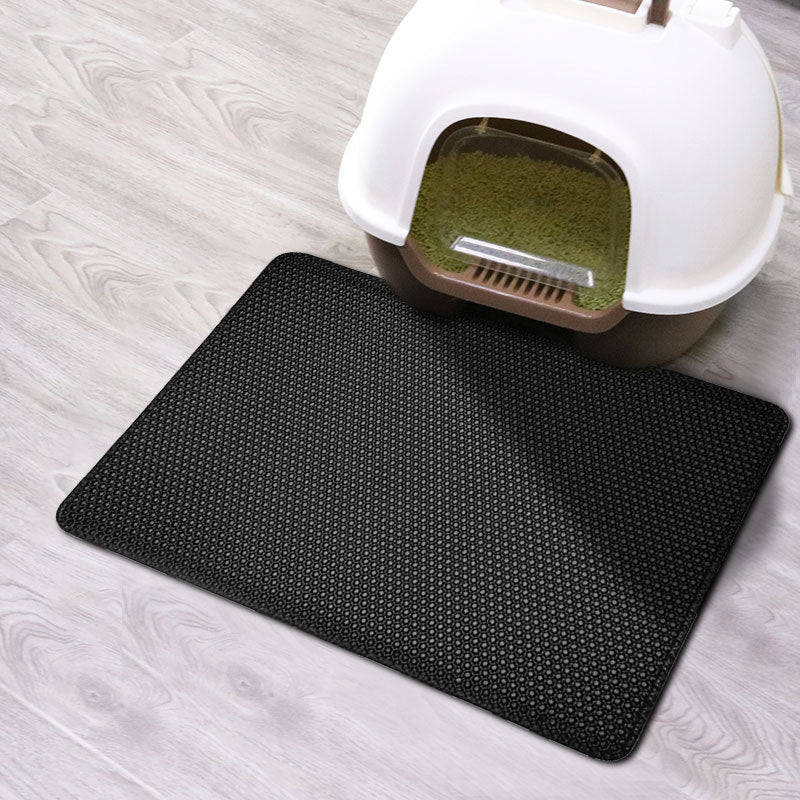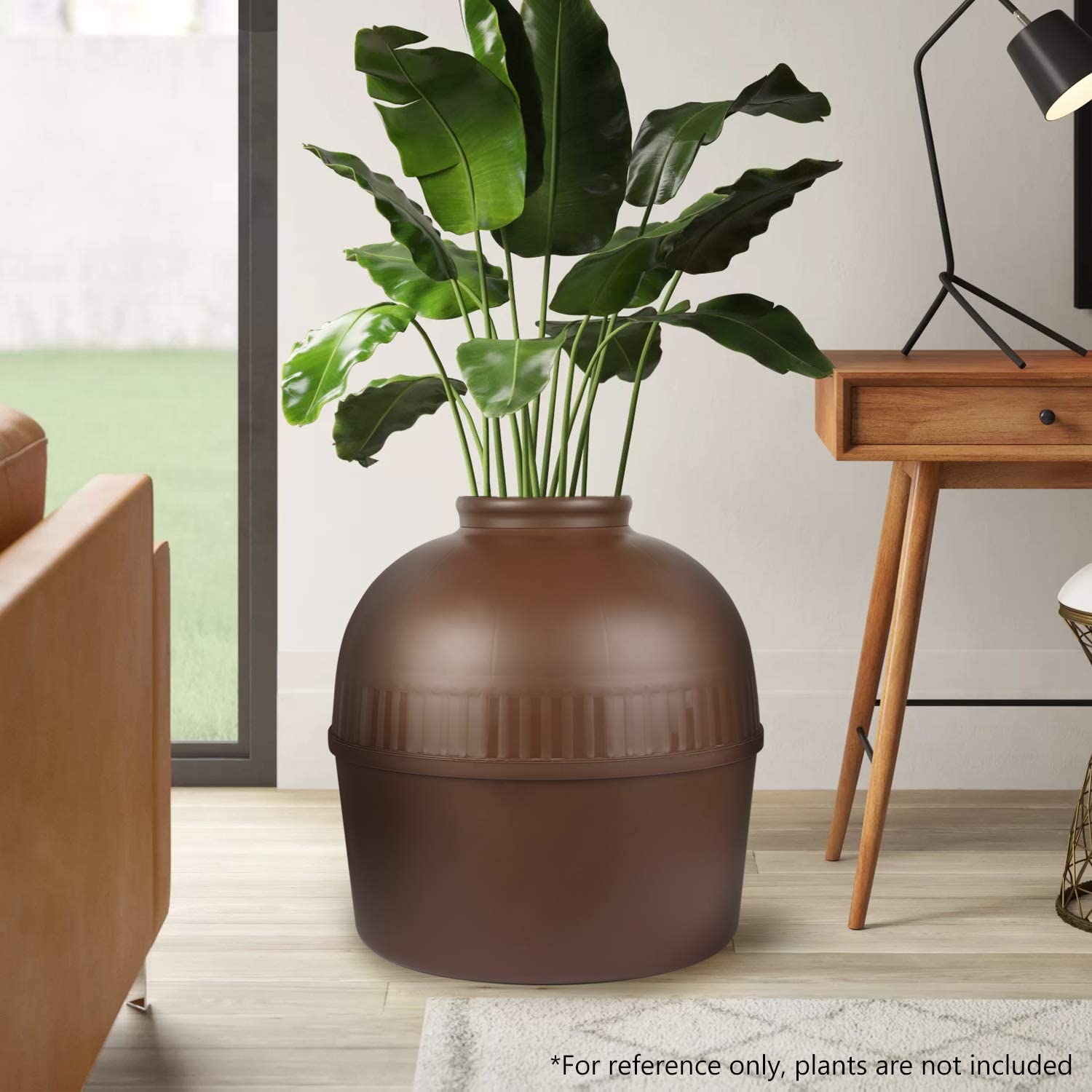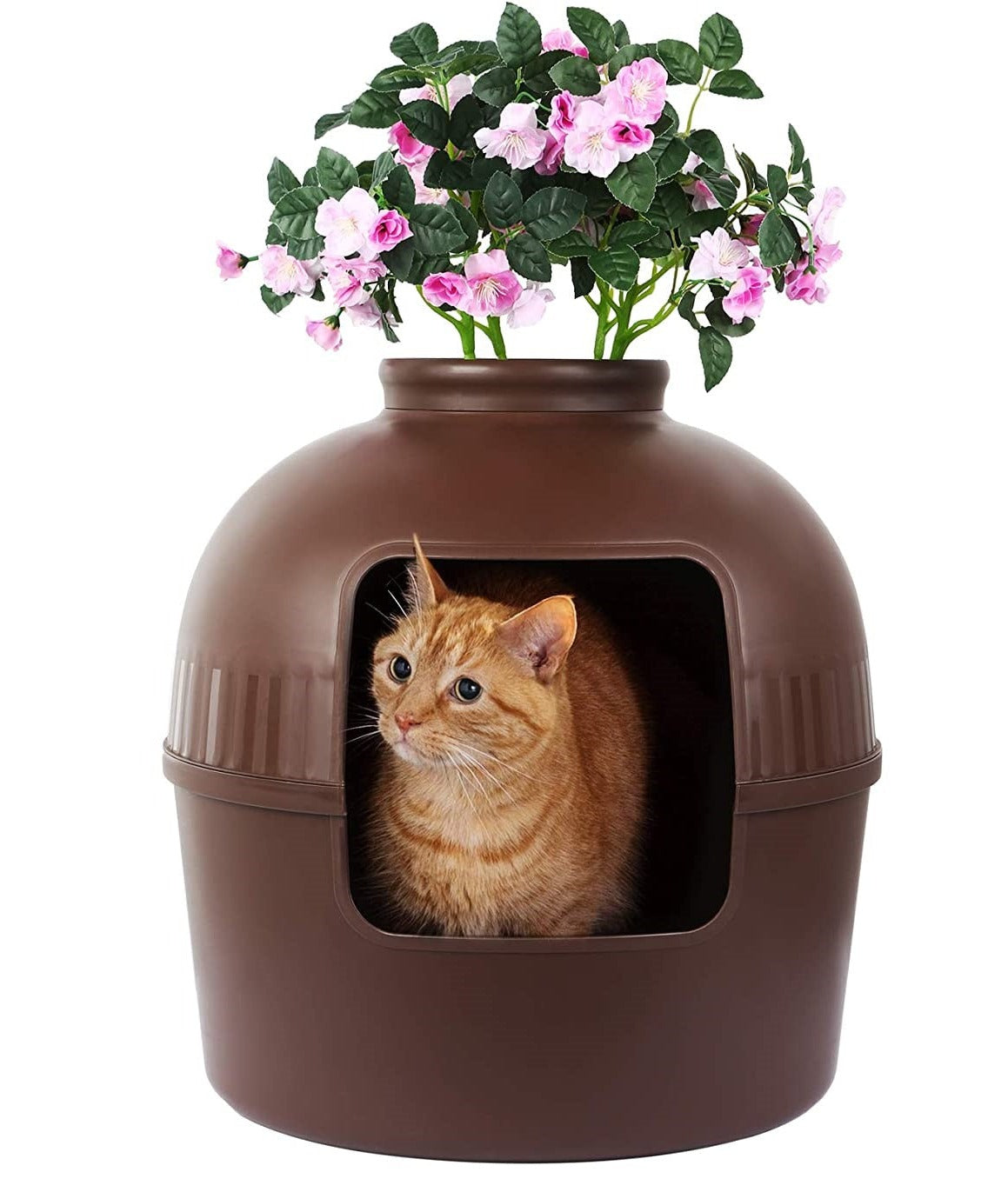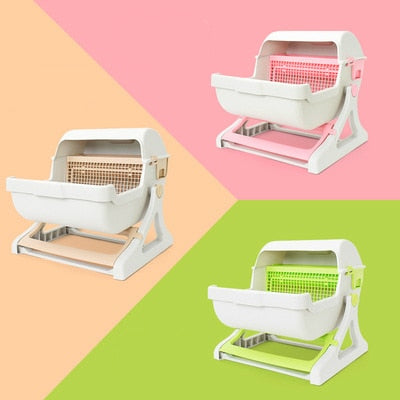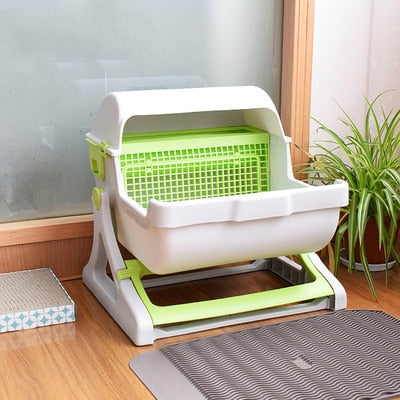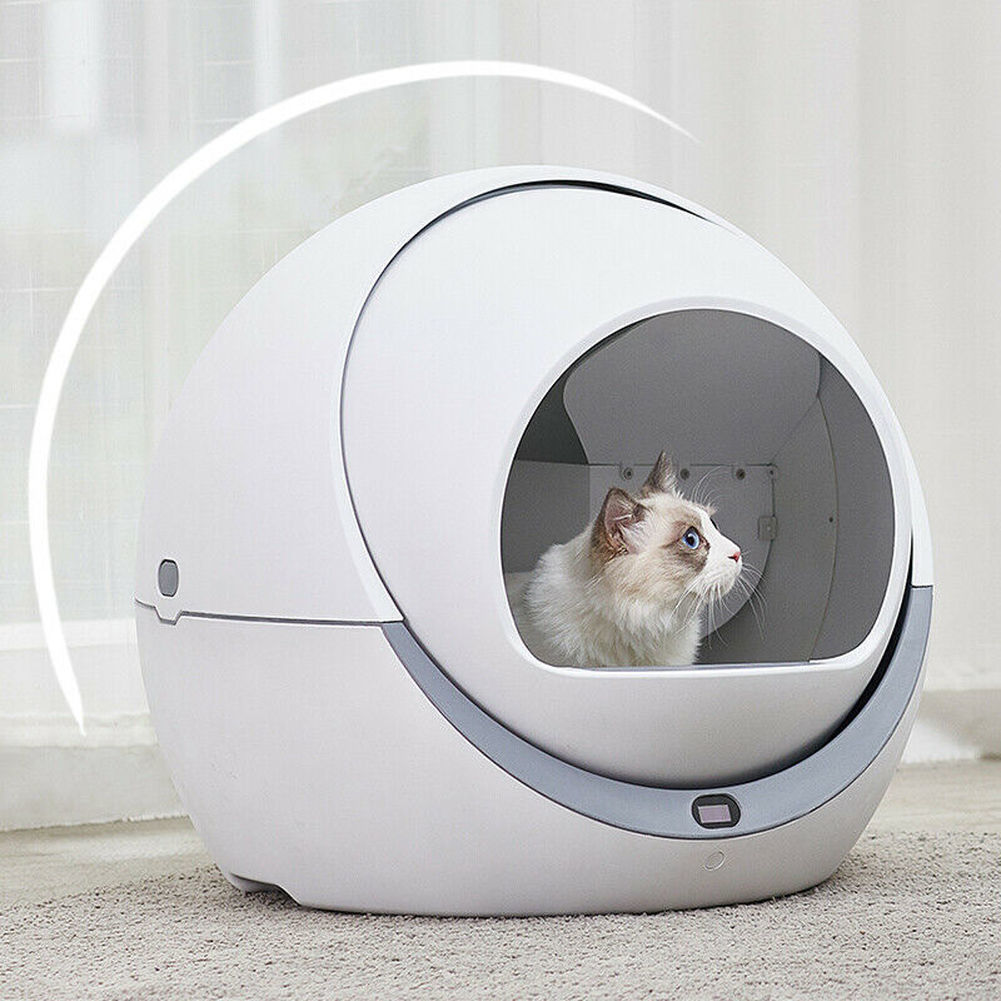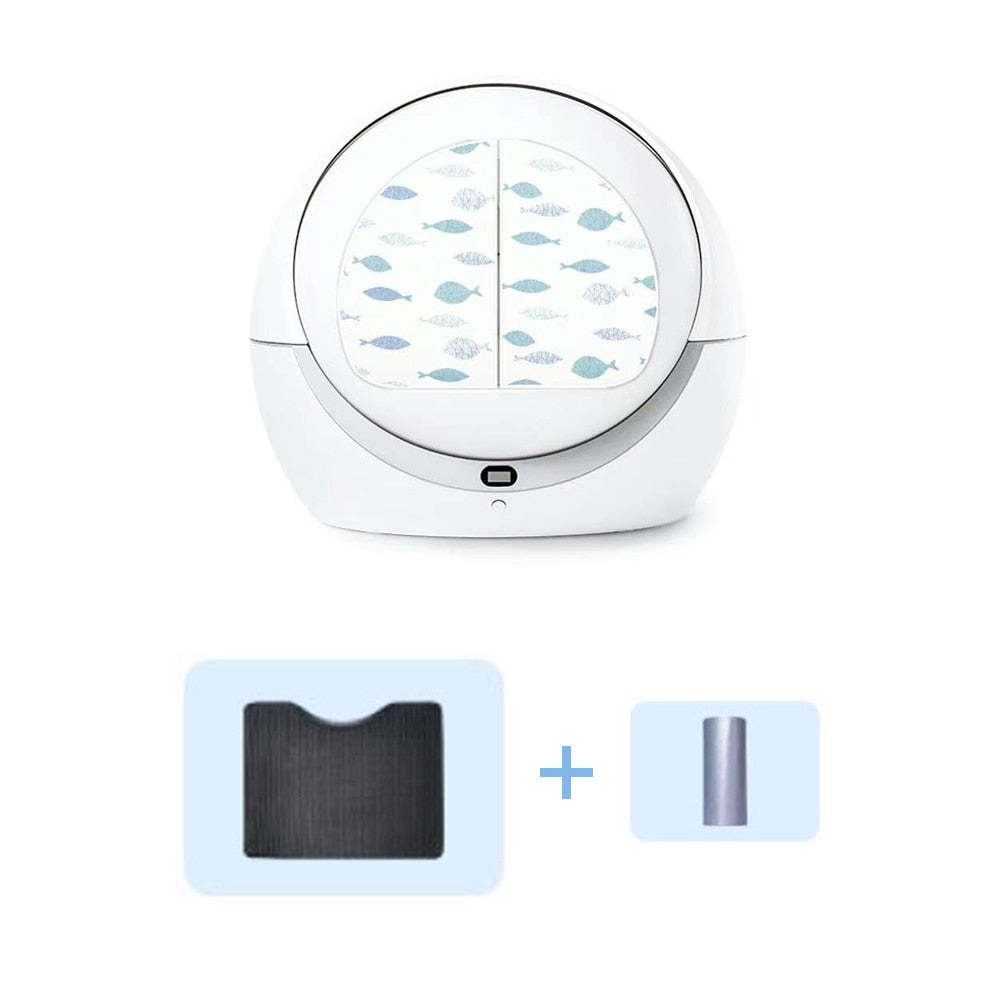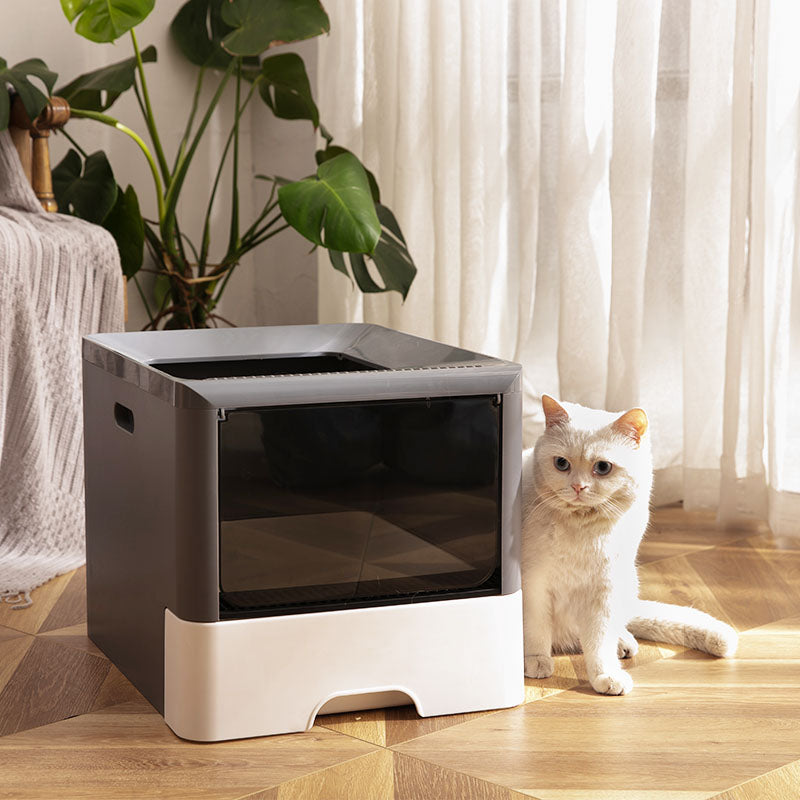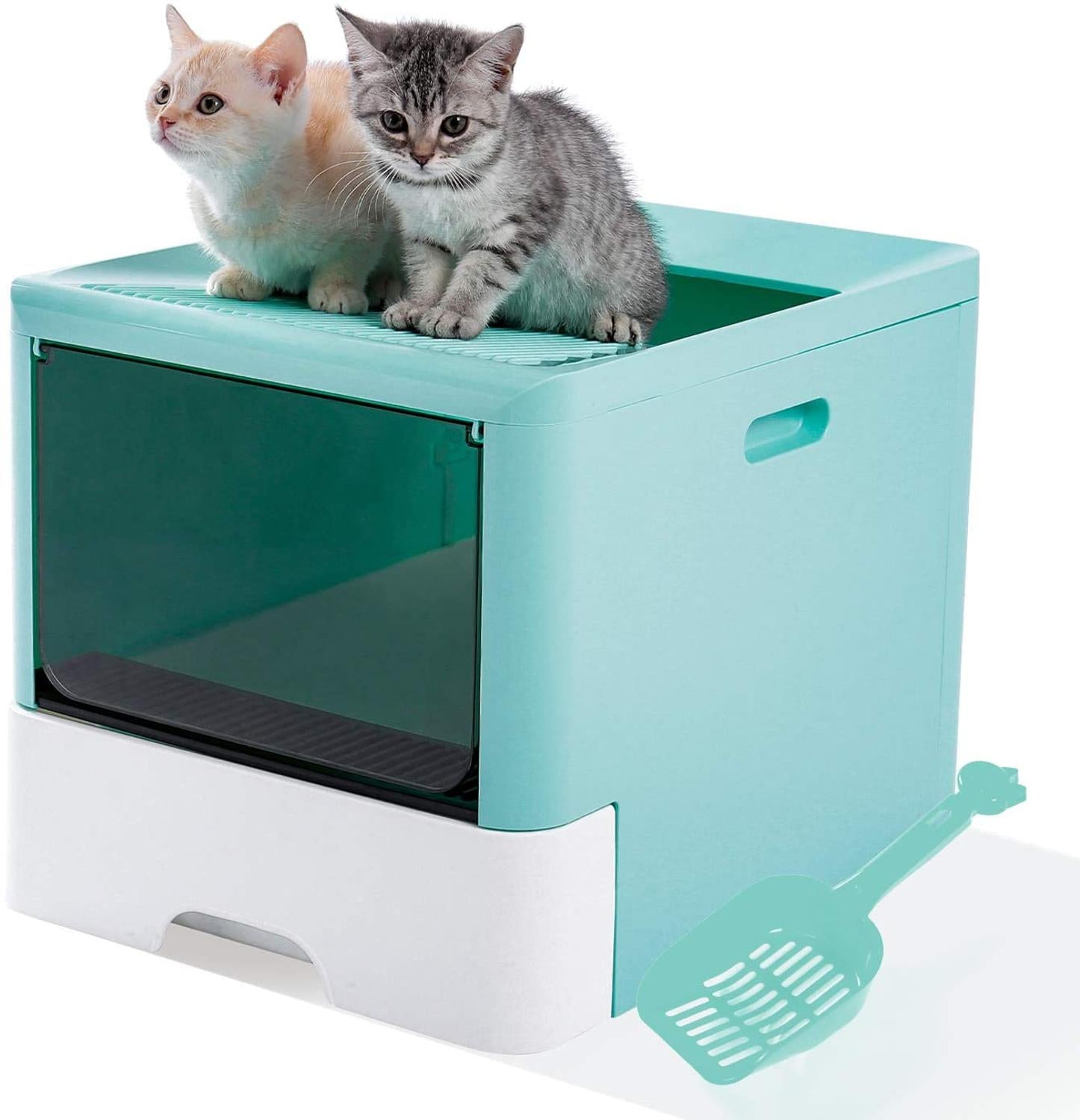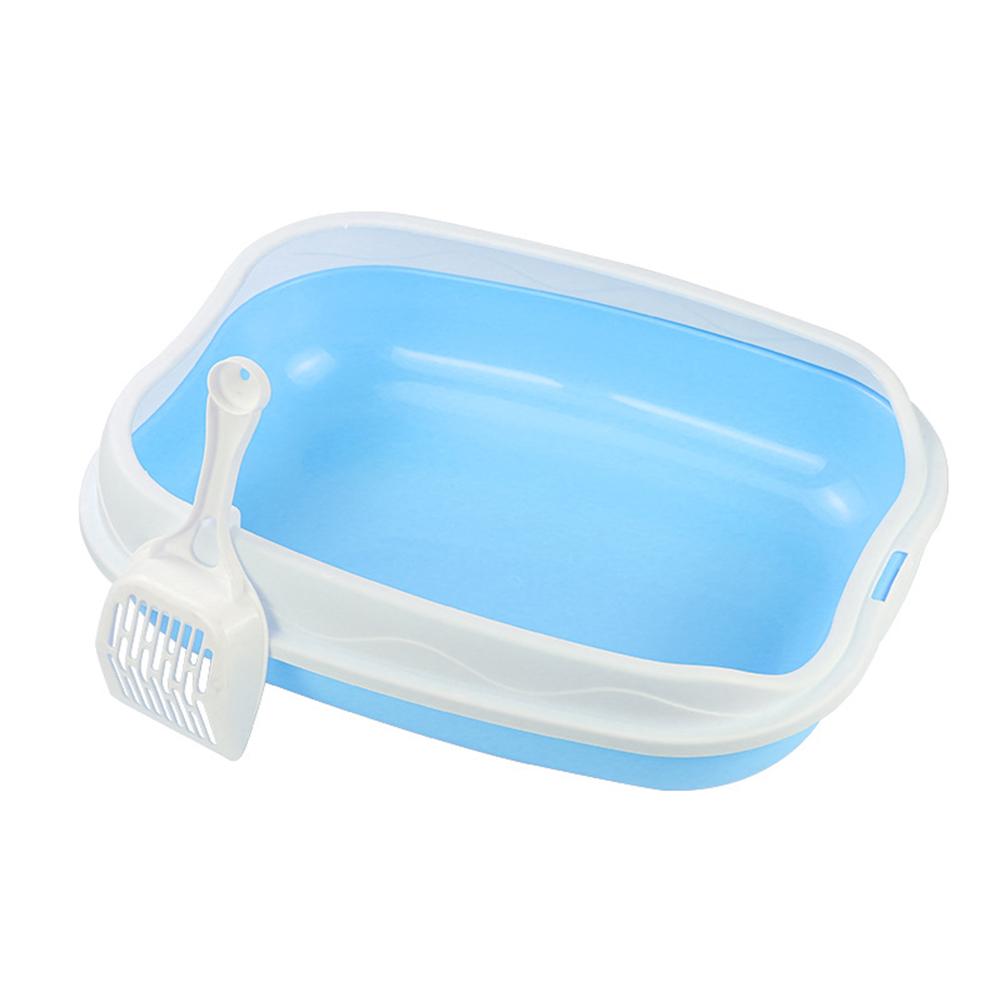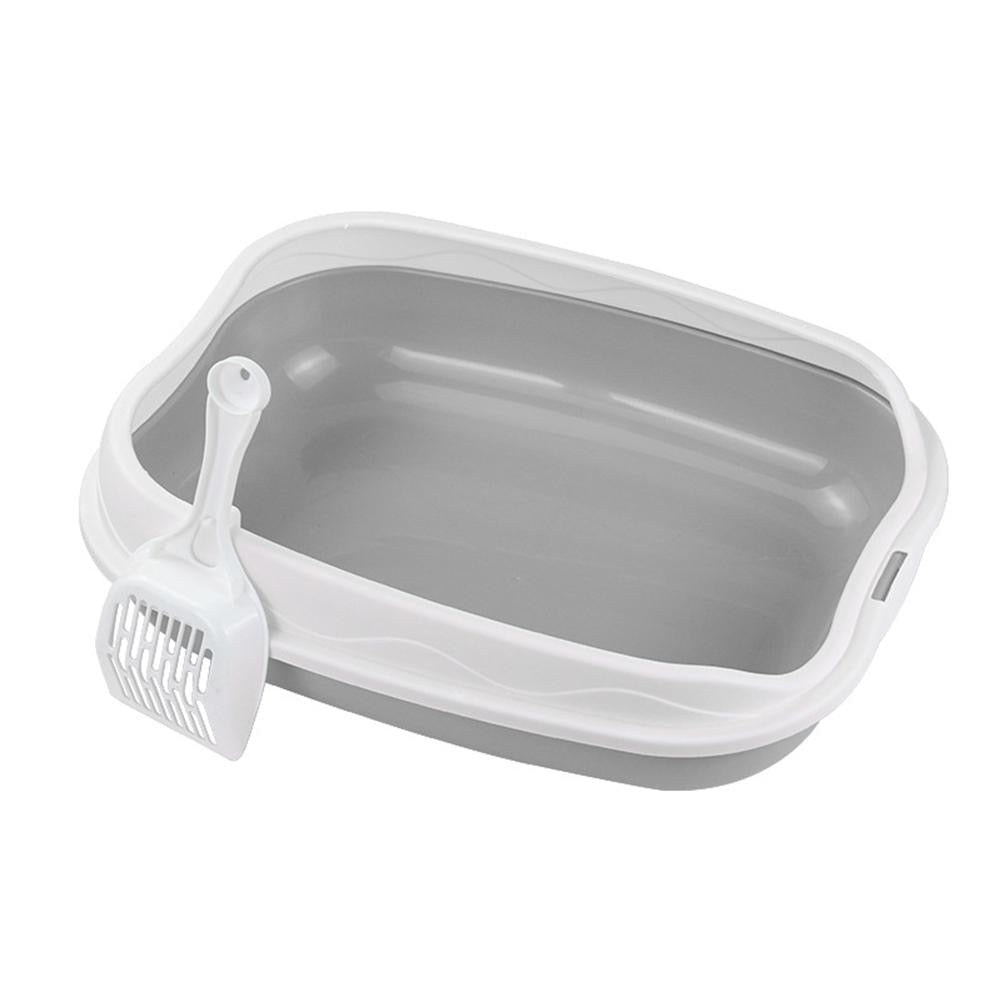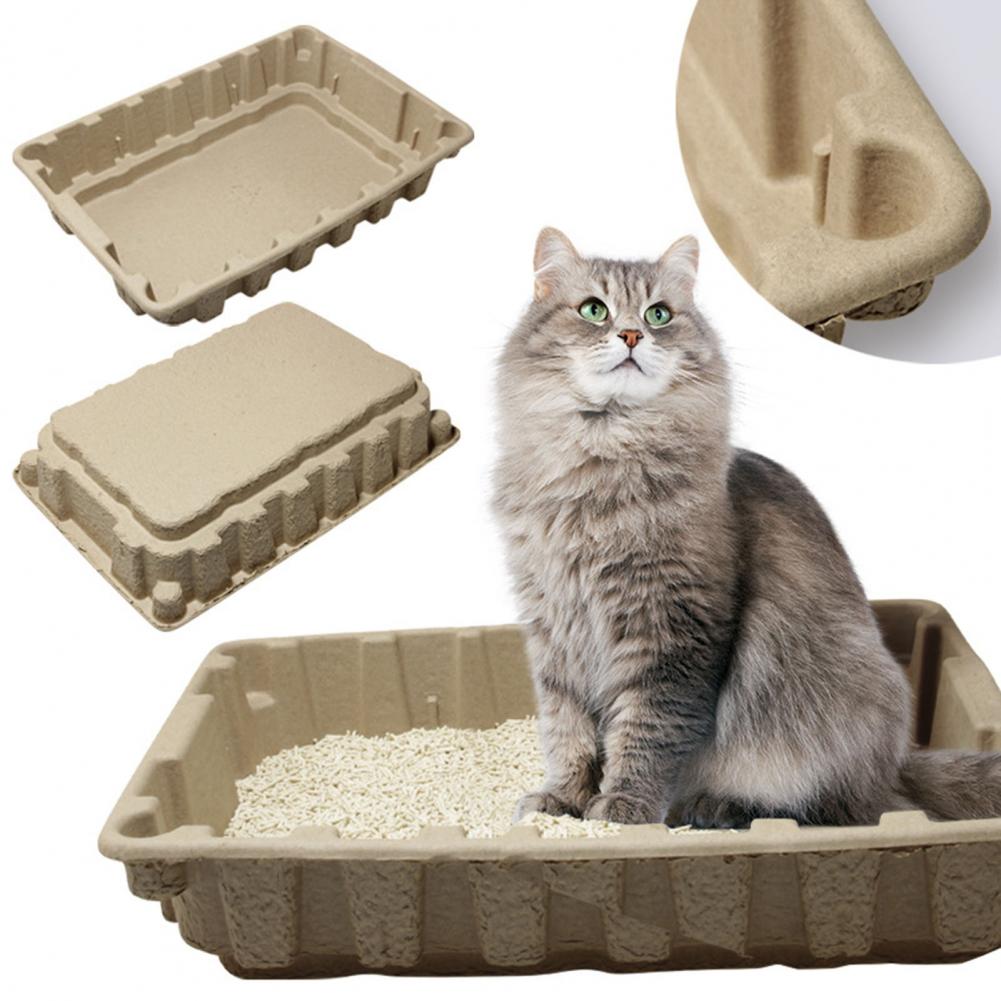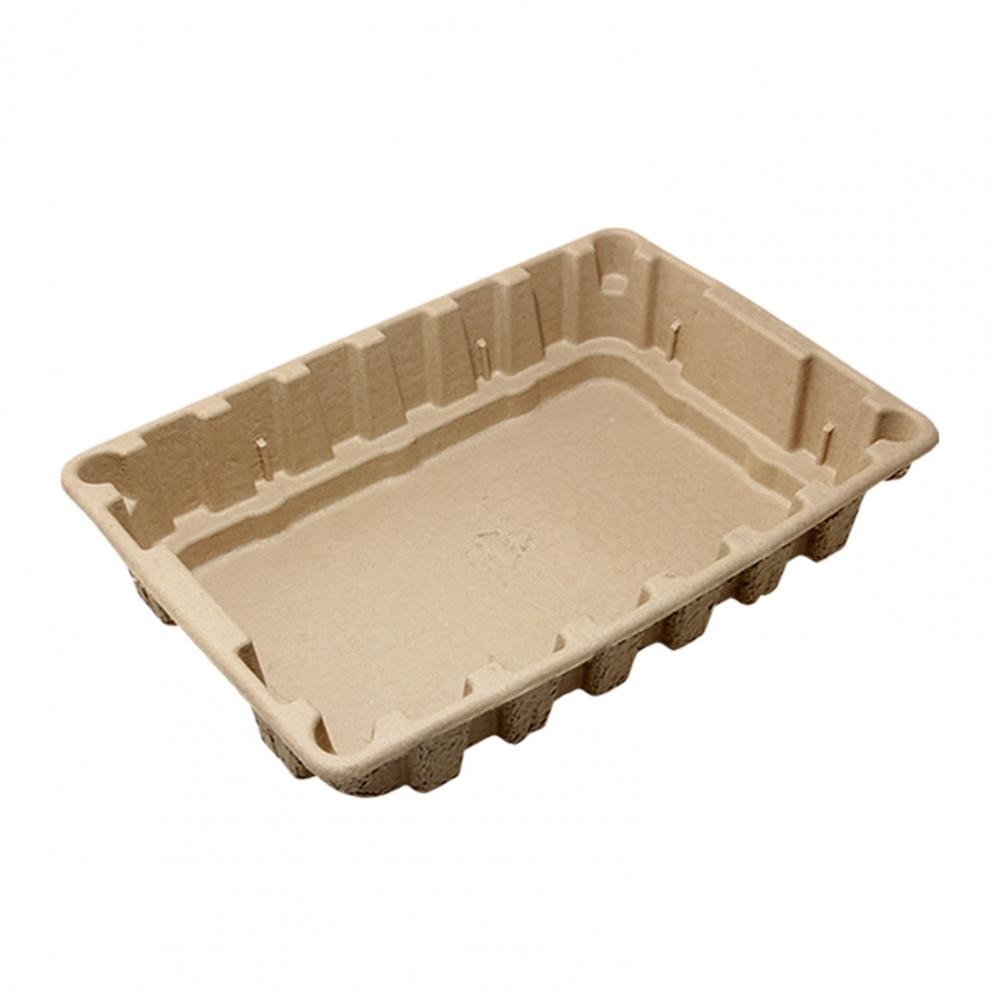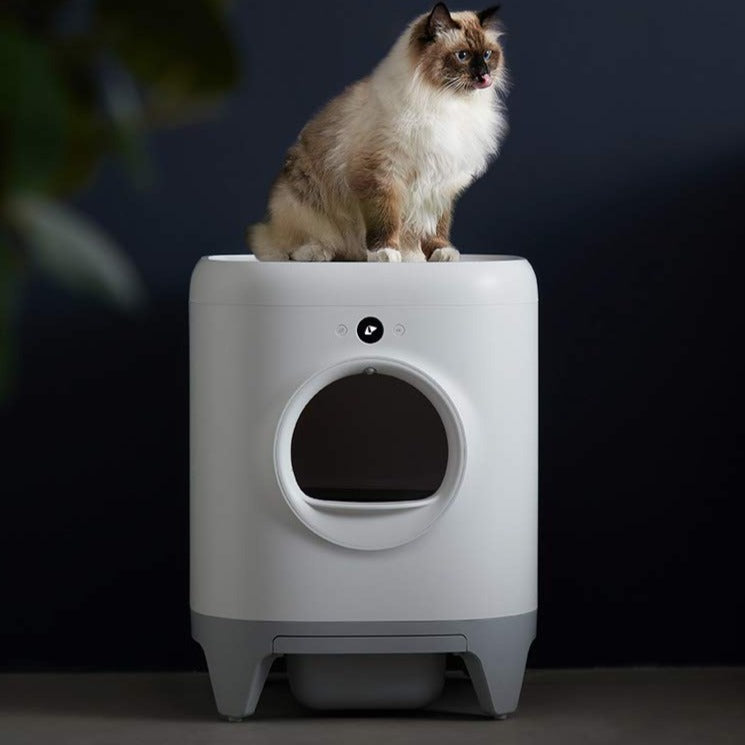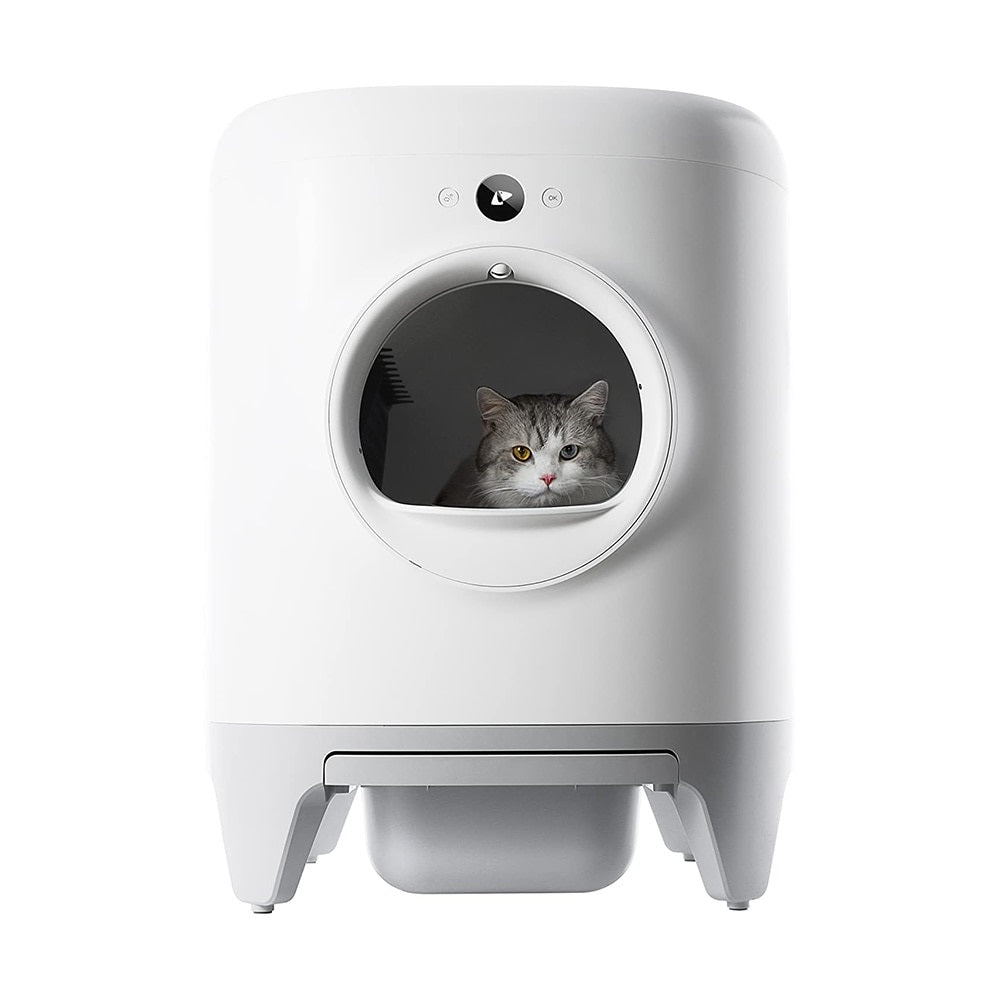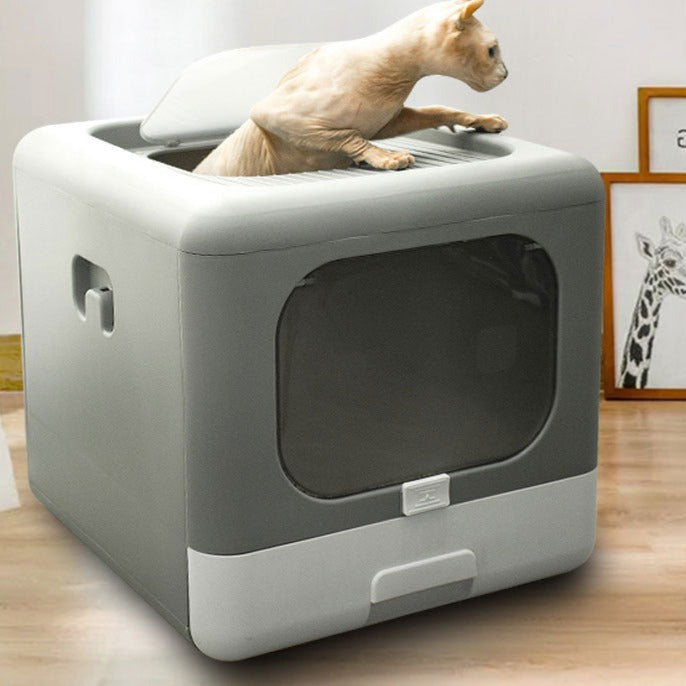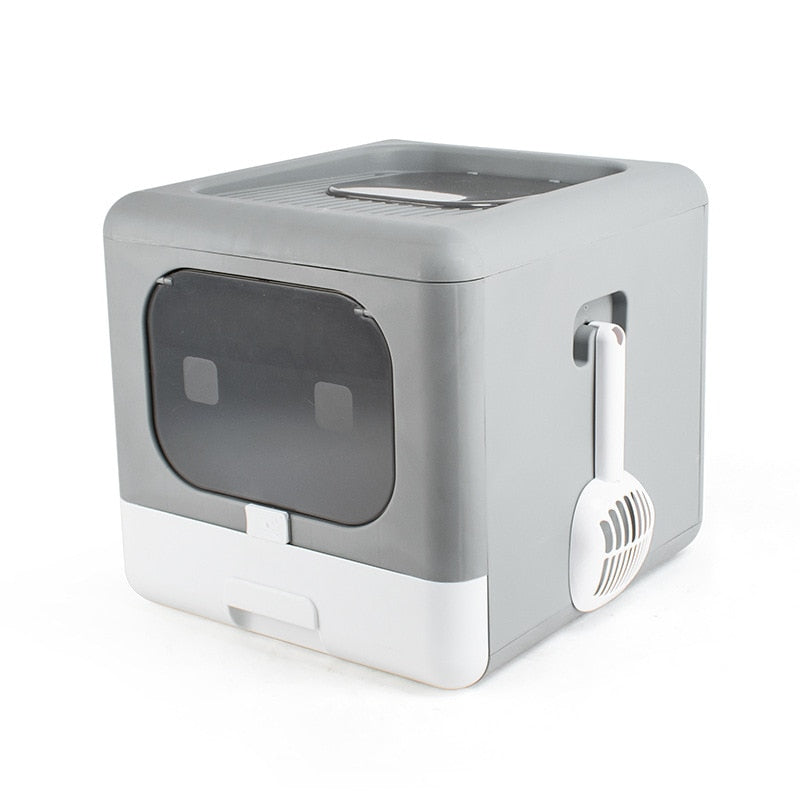Cat Dilated Pupils: 3 Reasons for the Round Eyes
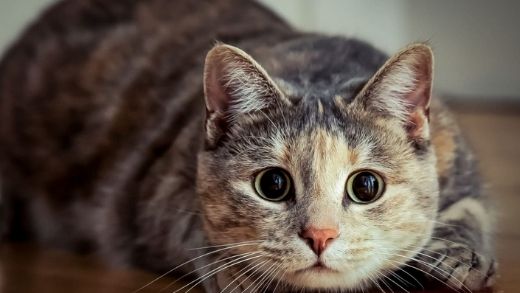
My Cat Has Dilated Pupils: 3 Reasons for the Cat's Round Eyes

Dilated pupils describe a shape in which a cat's eyes appear round and noticeably larger than usual.
Have you noticed this particular shape in your little feline's eyes and want to know the reason?
Here are 3 explanations that will help you better understand why your cat has dilated pupils and round eyes. For narrow shapes or different sizes, find in our article the meanings of the cat's pupils.
It's dark and wants to see better
Like many animals, cats have the particularity of having pupils whose shape is subject to variations in ambient light. Indeed, depending on the intensity of the light present in the space where they are located, the pupil of their eyes can either contract (narrow vertical shape) or dilate (round shape) in order to optimize vision.
Your cat will usually have dilated pupils when in a relatively dark or poorly lit space. The purpose of dilation is here to bring more light into the retina so that your companion can see better. This accommodation phenomenon is usually noticeable at nightfall when the light is weaker. So if your little feline has round eyes, it's probably because it's dark and this pupil shape helps it see better.
That said, if your cat exhibits dilated pupils when in ideal lighting conditions, the explanation for his round eyes may have to be looked for elsewhere.
It means its emotions
Note that the variations of pupils in the cat can also be related to its mood or emotional state, it is one of the ways of understanding what it says to you. Thus, the round eyes of your furball can mean, depending on the case, that it is in a state of excitement, shows its satisfaction, feels fear or shows its anger.
Excitement
Round eyes can be synonymous with excitement in your cat. You will notice this mainly during games, when your little feline is all restless or hyperactive. Here, the dilation will be more or less pronounced depending on the level of excitement, the pupils being able to take a rounder shape or an elliptical shape.
Note, however, that the excitement shown by your companion is not necessarily stimulated by play or activity, nor does it always indicate something positive. In some cases, it can stem from the anxiety or stress that your cat is feeling.
Satisfaction
The dilated pupils here will be synonymous with bliss. Your cat will have round eyes because he is feeling happy, relaxed, or satisfied. You will notice it better, for example, during moments of cuddling or caressing. And more frequently at mealtime, when you've filled his bowl with food he loves.
Fear
The round eyes of your little companion can also reflect the fear or terror he feels. This feeling of fear will be all the more marked the more you will observe that he has his ears tilted back. This form of pupils will appear for example following a loud noise, the presence of a congener or another threatening animal in the surroundings.
Aggression
Dilated pupils will express aggression, especially when your cat observes a prey on which it is about to throw itself. The same will be the case when he feels threatened and on the defensive or is preparing for a retaliation.
He is sick, there is a problem
Finally, the dilated shape of the pupils of your little feline is in some cases linked to a health problem. Note that the dilation of the pupils is a fairly detailed and relatively brief phenomenon. In ordinary situations, your cat's pupils should return to their normal size as soon as optimal light conditions are restored or the emotional state has subsided.
Permanently round and dilated pupils should alert you to the fact that your is probably ill. The permanent dilation of the pupils can indeed be one of the known manifestations of certain conditions such as Key-Gaskell syndrome, chronic disease, hypertension, kidney failure, cancer, or even intoxication or poisoning.
They can also be linked to other serious eye diseases like glaucoma, uveitis, feline leukemia and many more. In any case, if you notice that your cat has permanently round and dilated eyes, a visit to the veterinarian is necessary to check his state of health and if necessary act promptly if he is sick.

